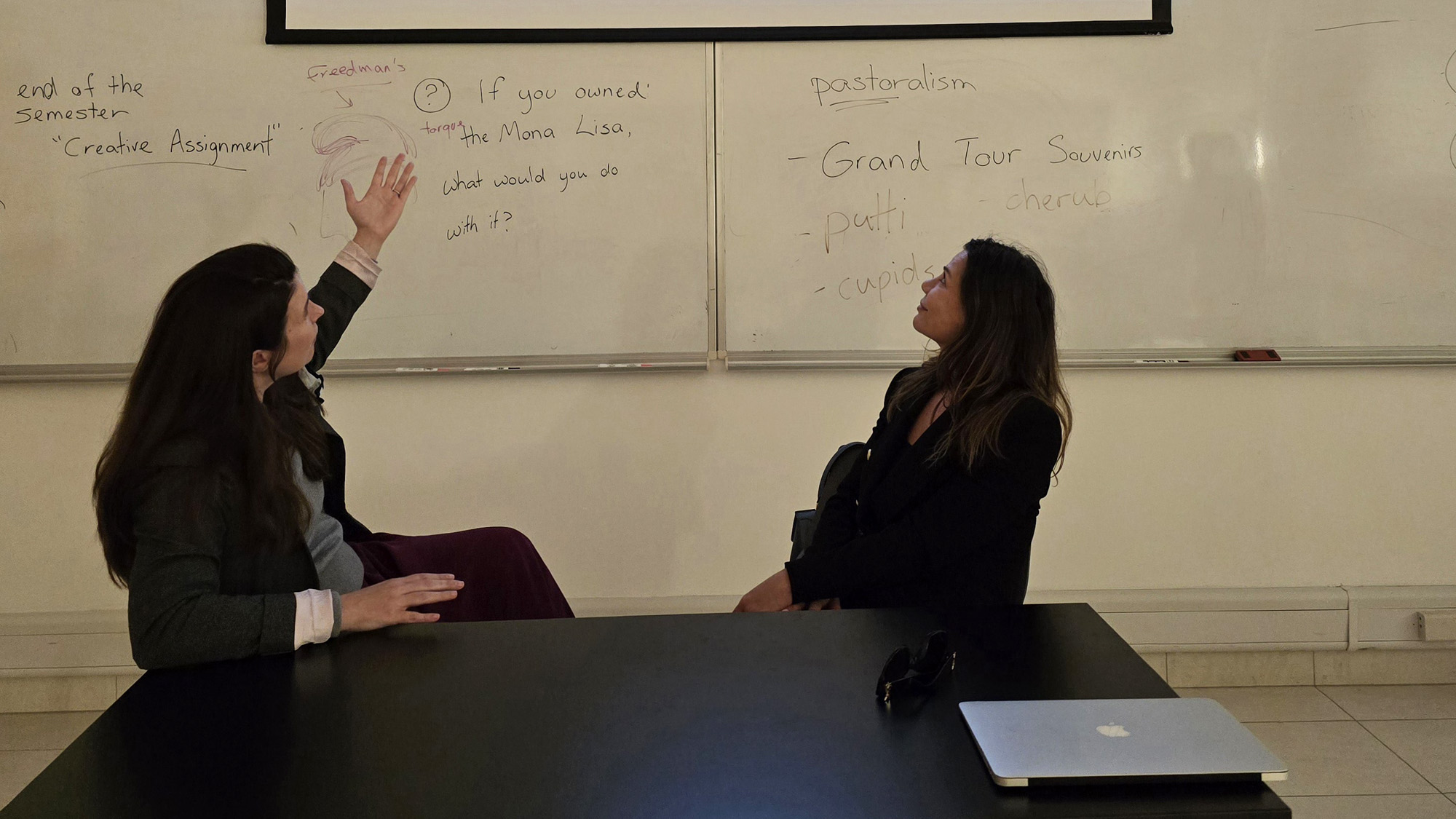- Academics
- Admissions & Enrollment Services
- Research
- Academic & Creative Spaces
- Strategic Partnerships
- Our Impact
- Student Affairs
- Campus & Community
Homepage
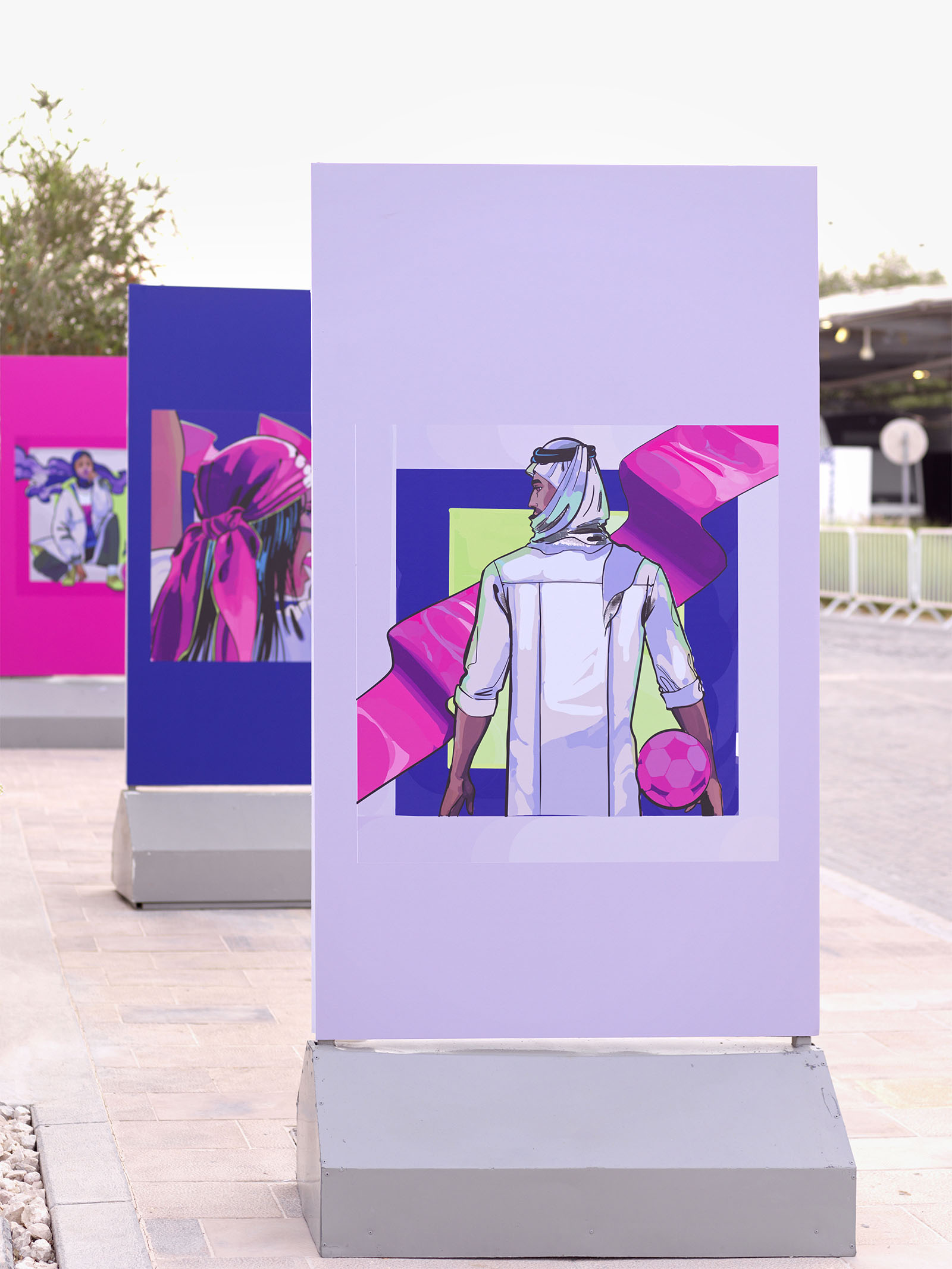
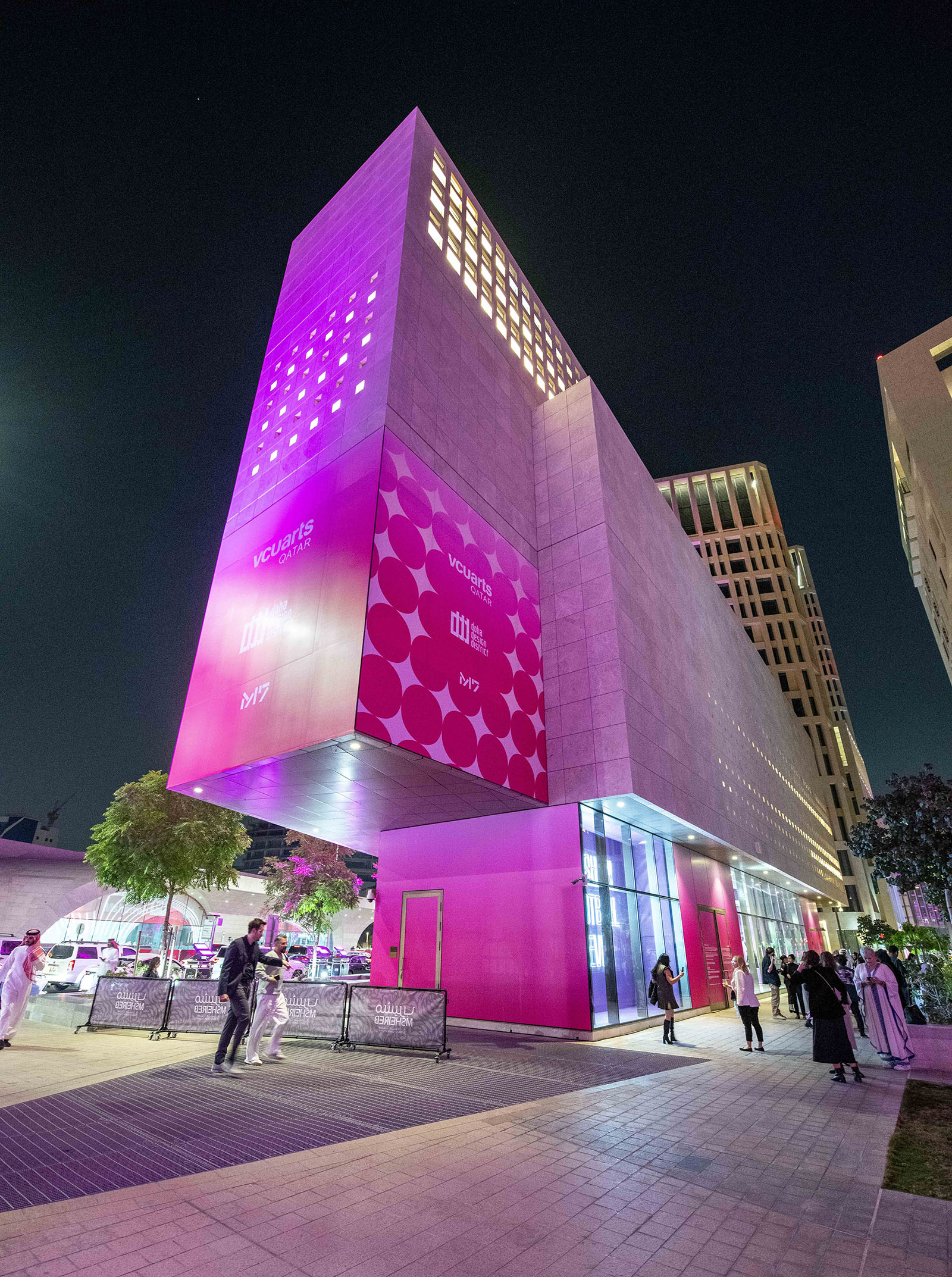
We are VCUarts Qatar

VCUarts Qatar blends the innovative spirit and high standards of our home campus with the bold originality and deep traditions of Qatar.
The result is an art and design education that helps students cultivate creativity, probe possibilities, fearlessly question, surpass limits, set new standards, and most importantly, make an impact.
This year we celebrate 25 years in Qatar. Join us as we look forward to our Next 25.
Find Your Passion
اكتشف الشغف
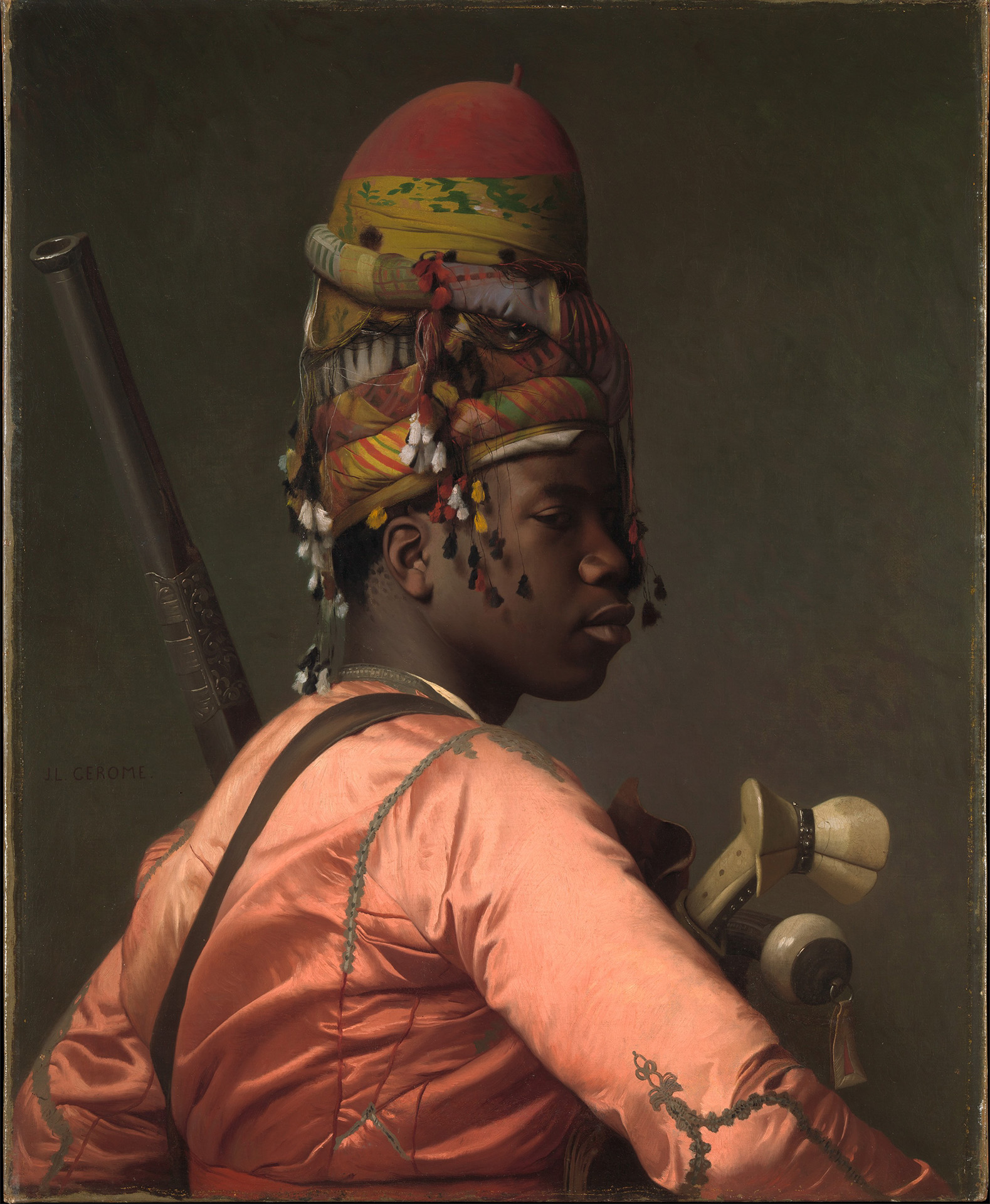
Bashi-Bazouk
Jean-Léon Gérôme (French, Vesoul 1824–1904 Paris)
1868–69
Oil on canvas
31 3/4 x 26 in. (80.6 x 66 cm)
Metropolitan Museum of Art, New York
Gift of Mrs. Charles Wrightsman, 2008, 2008.547.1
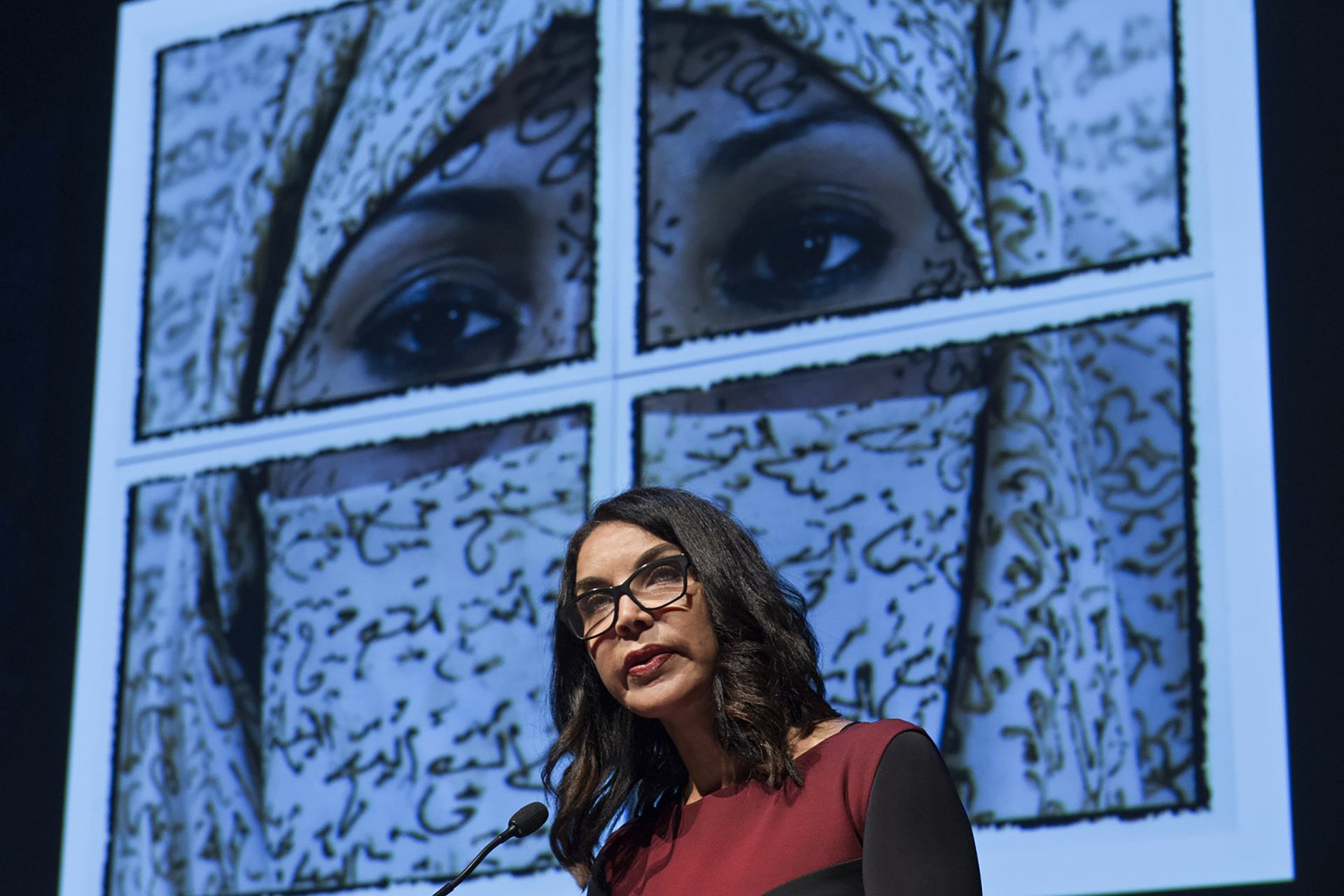
Speakers from Around the World share their research and insights at the HBK Islamic Art Symposium every two years
HBK Islamic Art Symposium
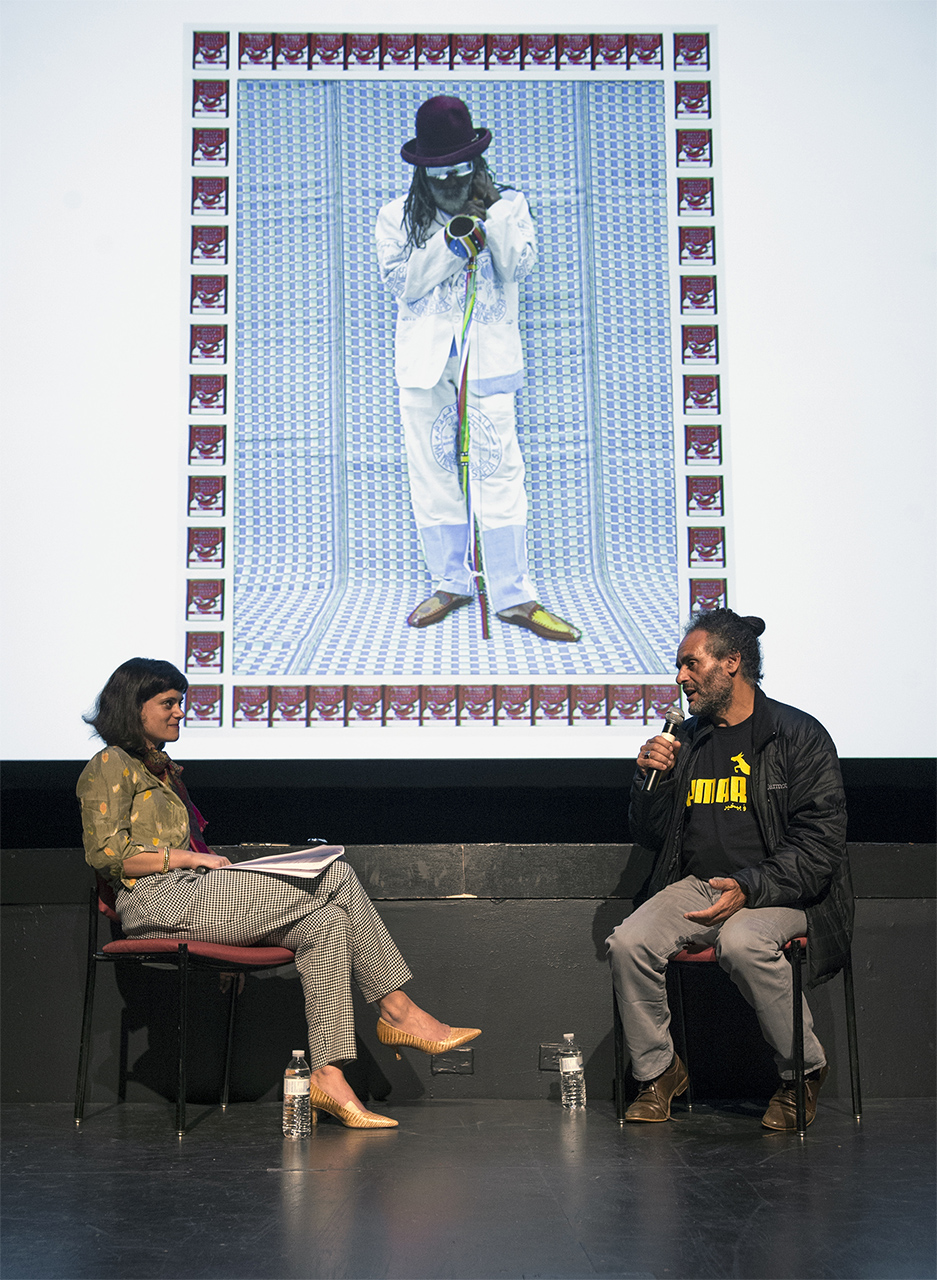
Speakers from Around the World share their research and insights at the HBK Islamic Art Symposium every two years
HBK Islamic Art Symposium
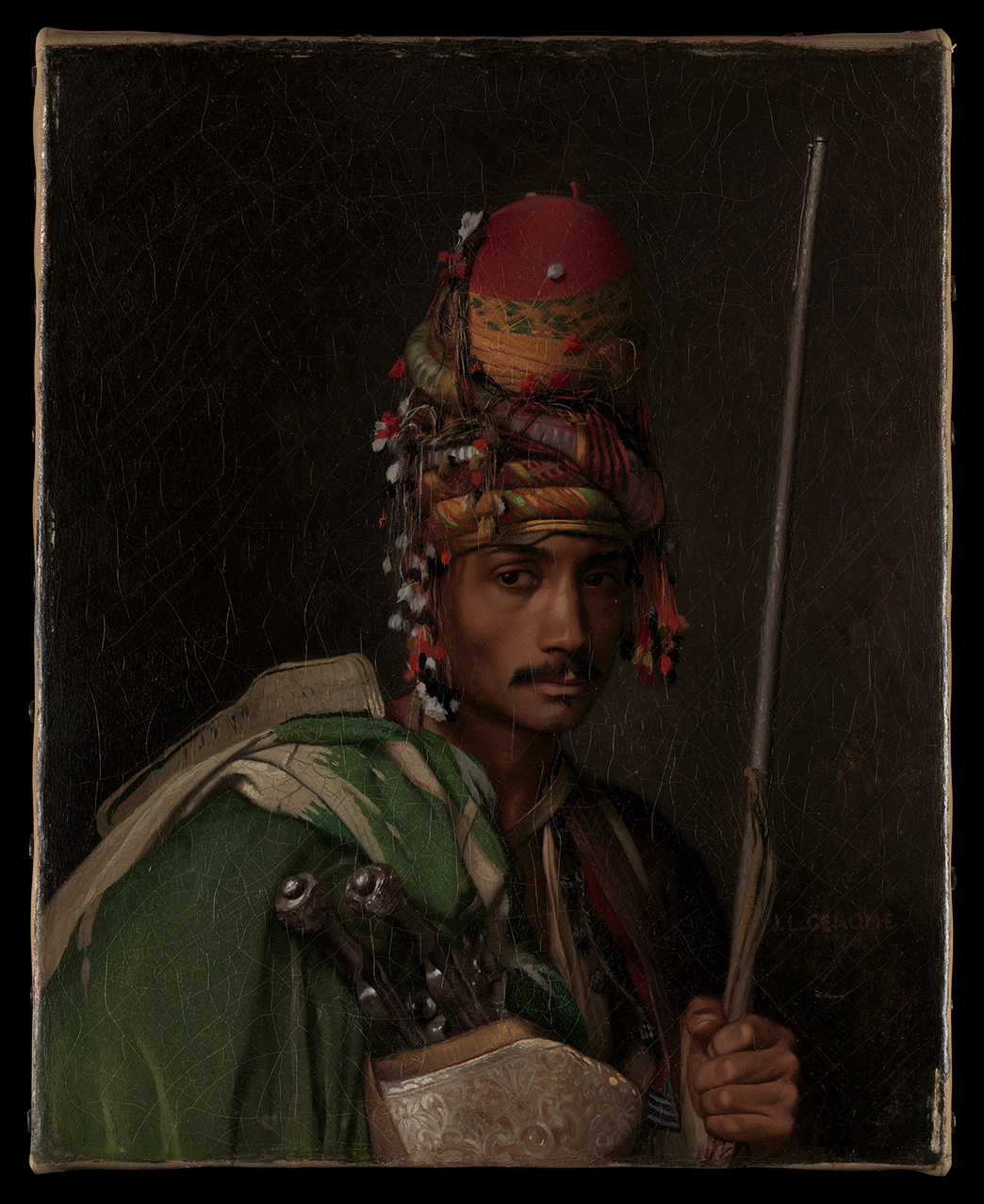
Bashi Bazouk
Jean-Léon Gérôme (French, Vesoul 1824–1904 Paris)
ca.1868–69
Oil on canvas
10 1/4 × 8 1/2 in. (26 × 21.6 cm)
Metropolitan Museum of Art, New York
Gift of Kenneth Jay Lane,2014, 2014.435.1
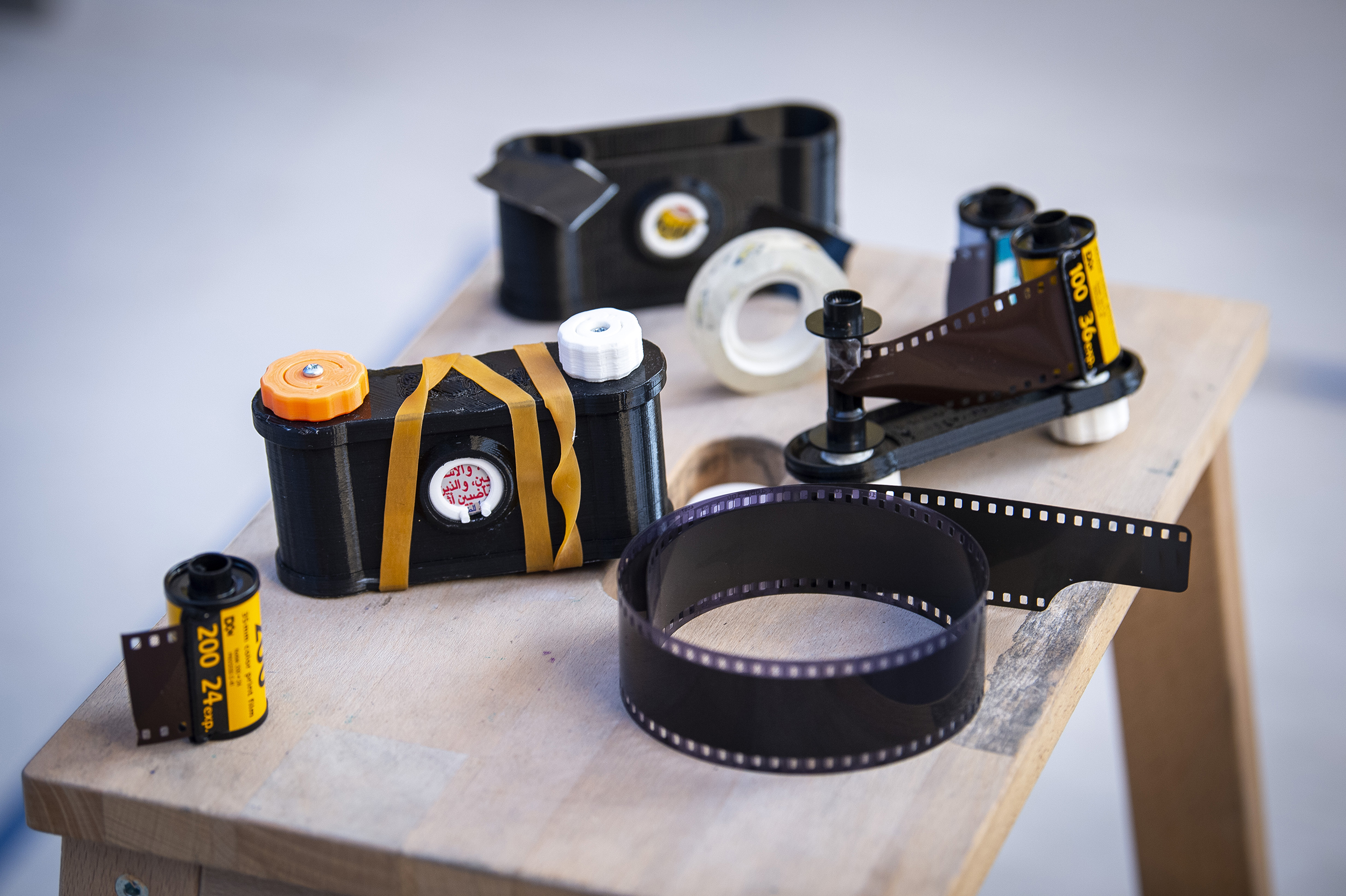
Khalifa Obaidly’s 3d printed pinhole camera made during post pandemic shortages
Khalifa Obaidly
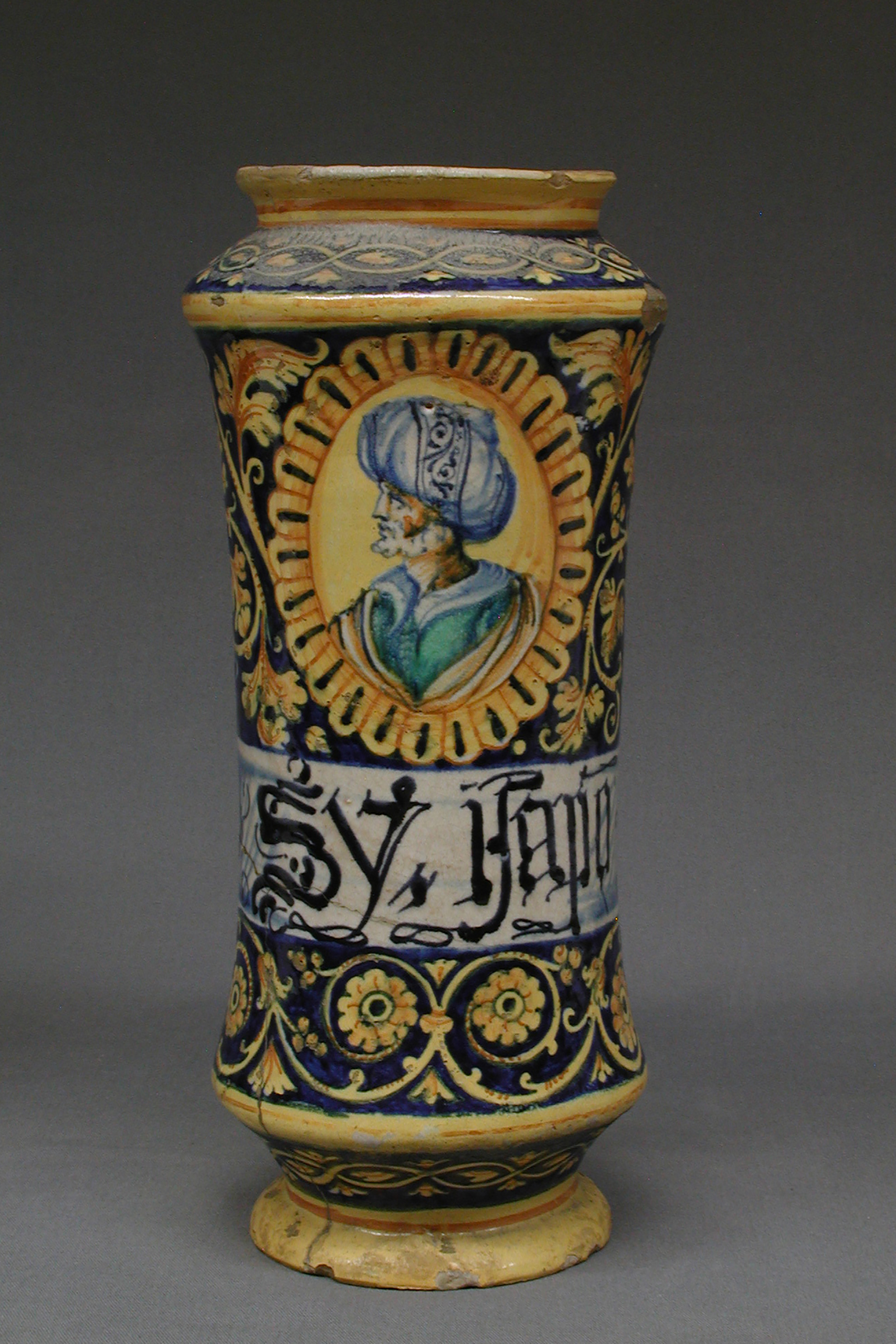
Albarello
Second half 16th century
Italian, Sicily or Faenza
Maiolica (tin-glazed earthenware)
11 1/2 × 5 × 5 in. (29.2 × 12.7 × 12.7 cm)
Metropolitan Museum of Art, New York
Gift of William B. Osgood Field,1902, 02.5.21
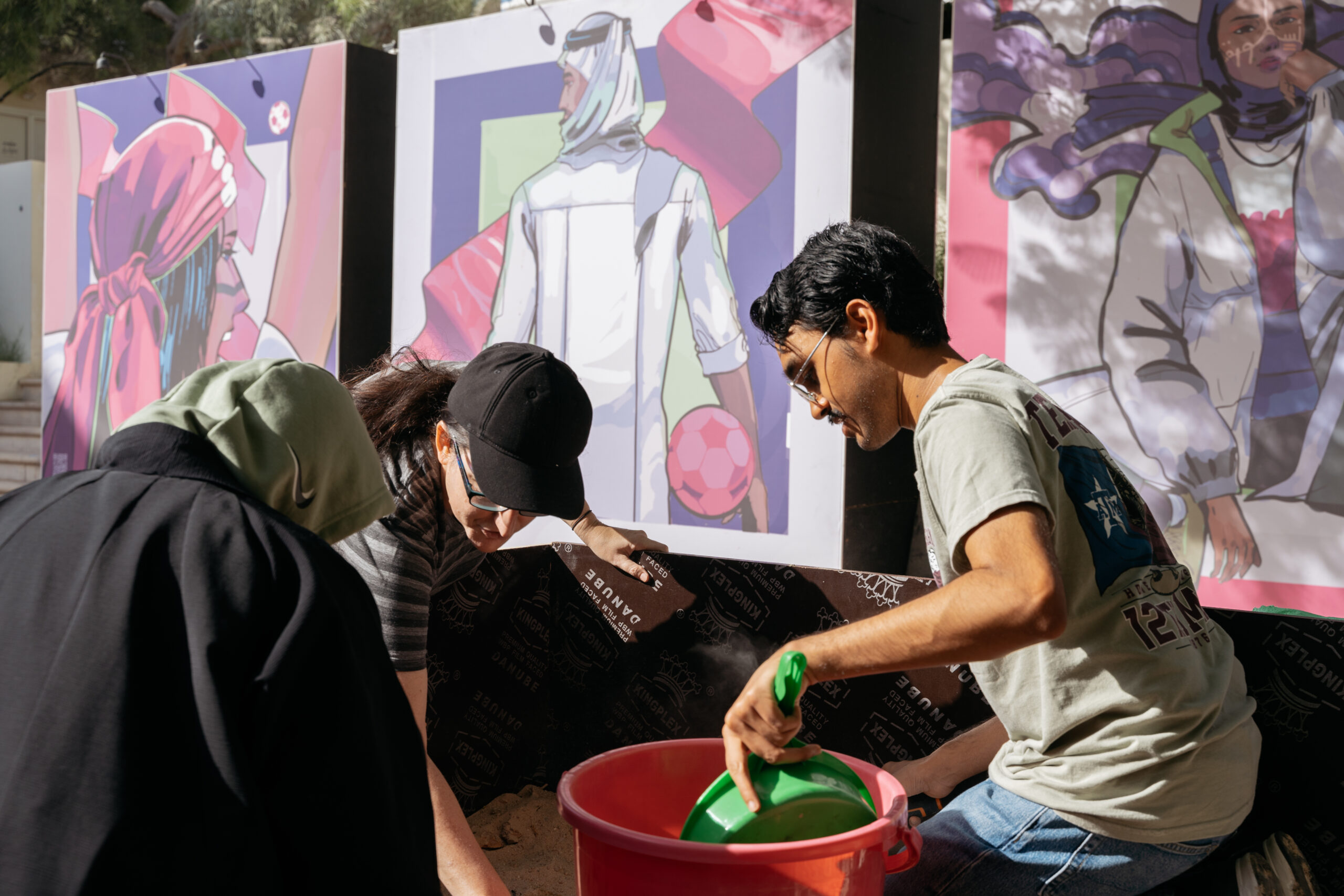
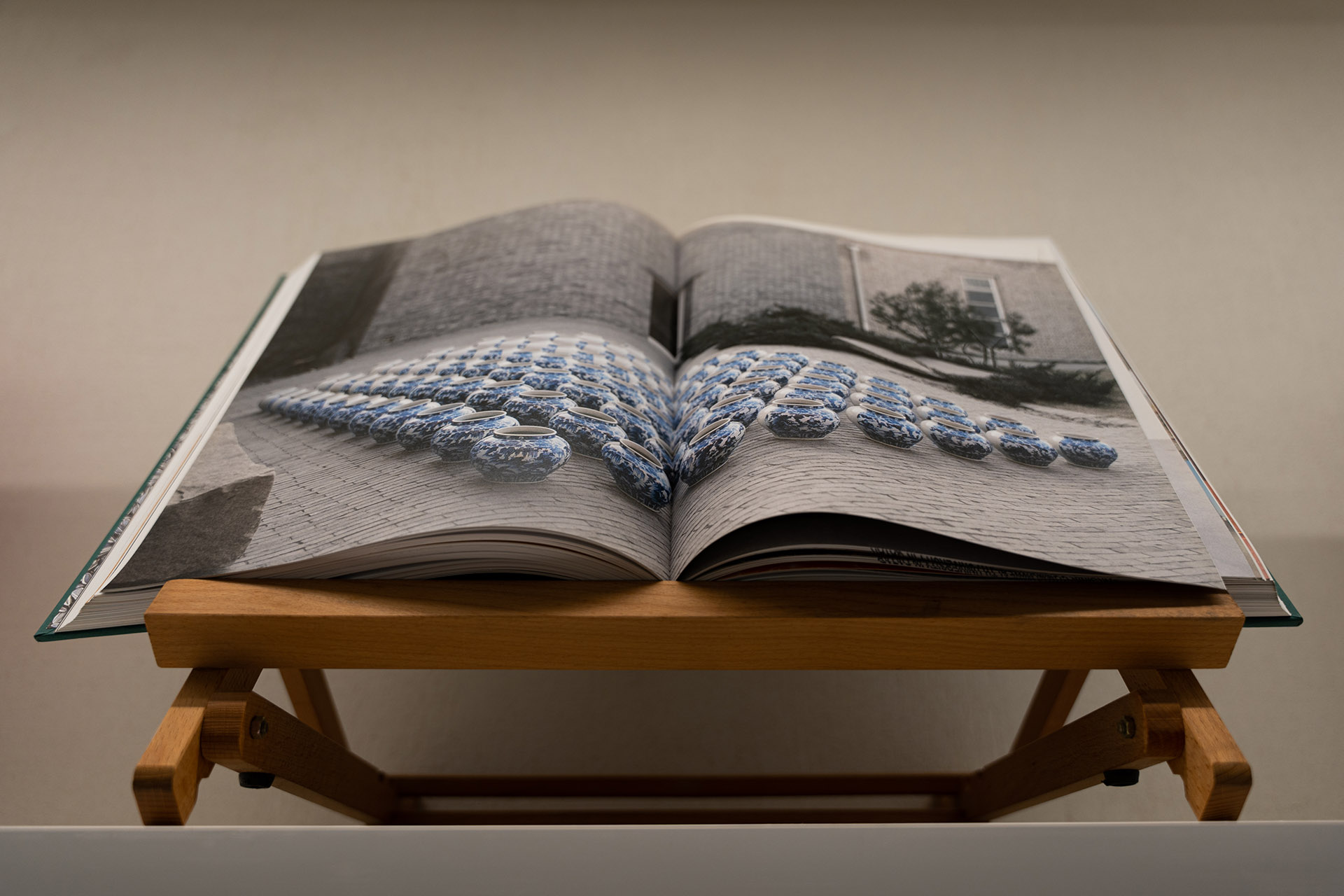
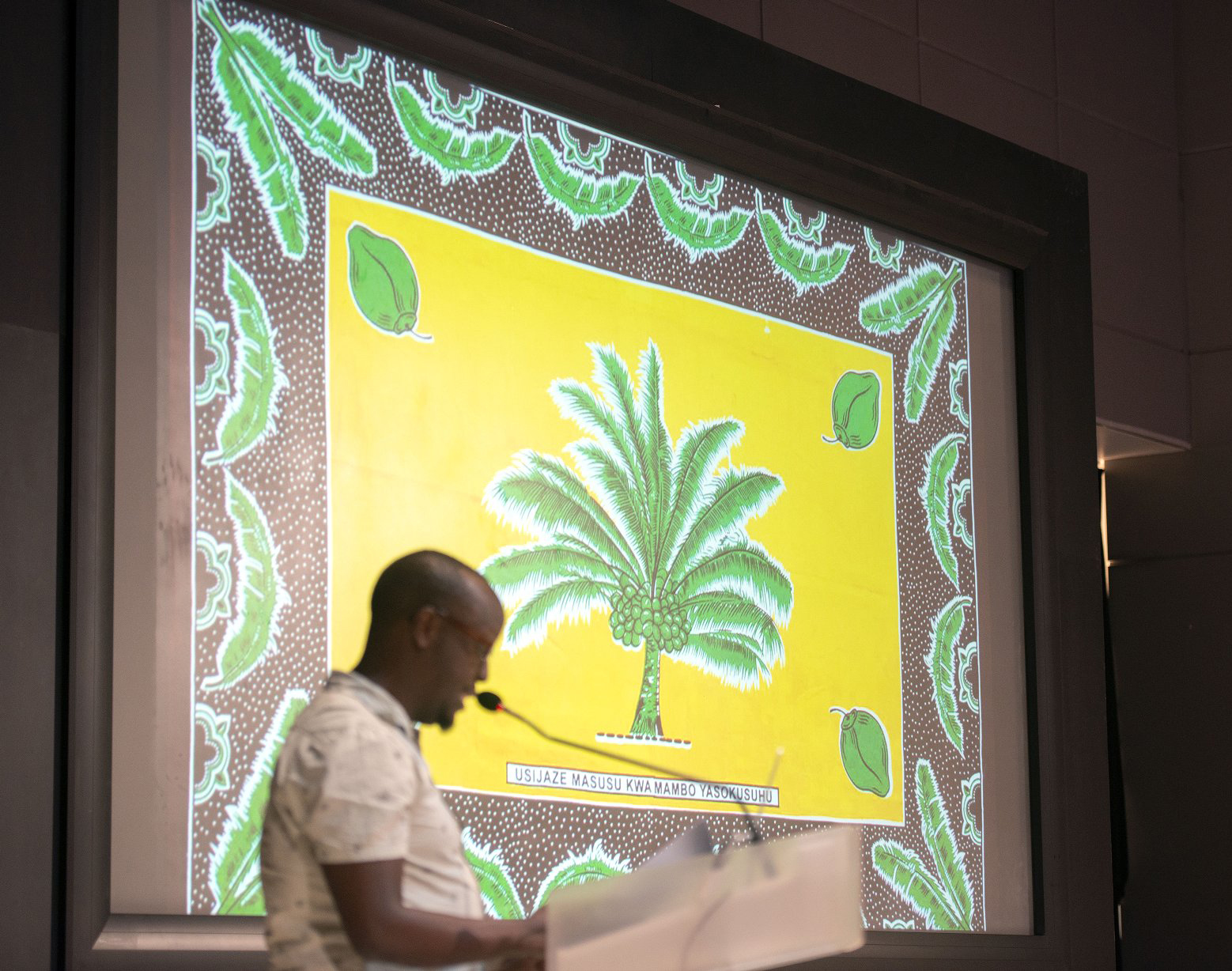
Speakers from Around the World share their research and insights at the HBK Islamic Art Symposium every two years
HBK Islamic Art Symposium
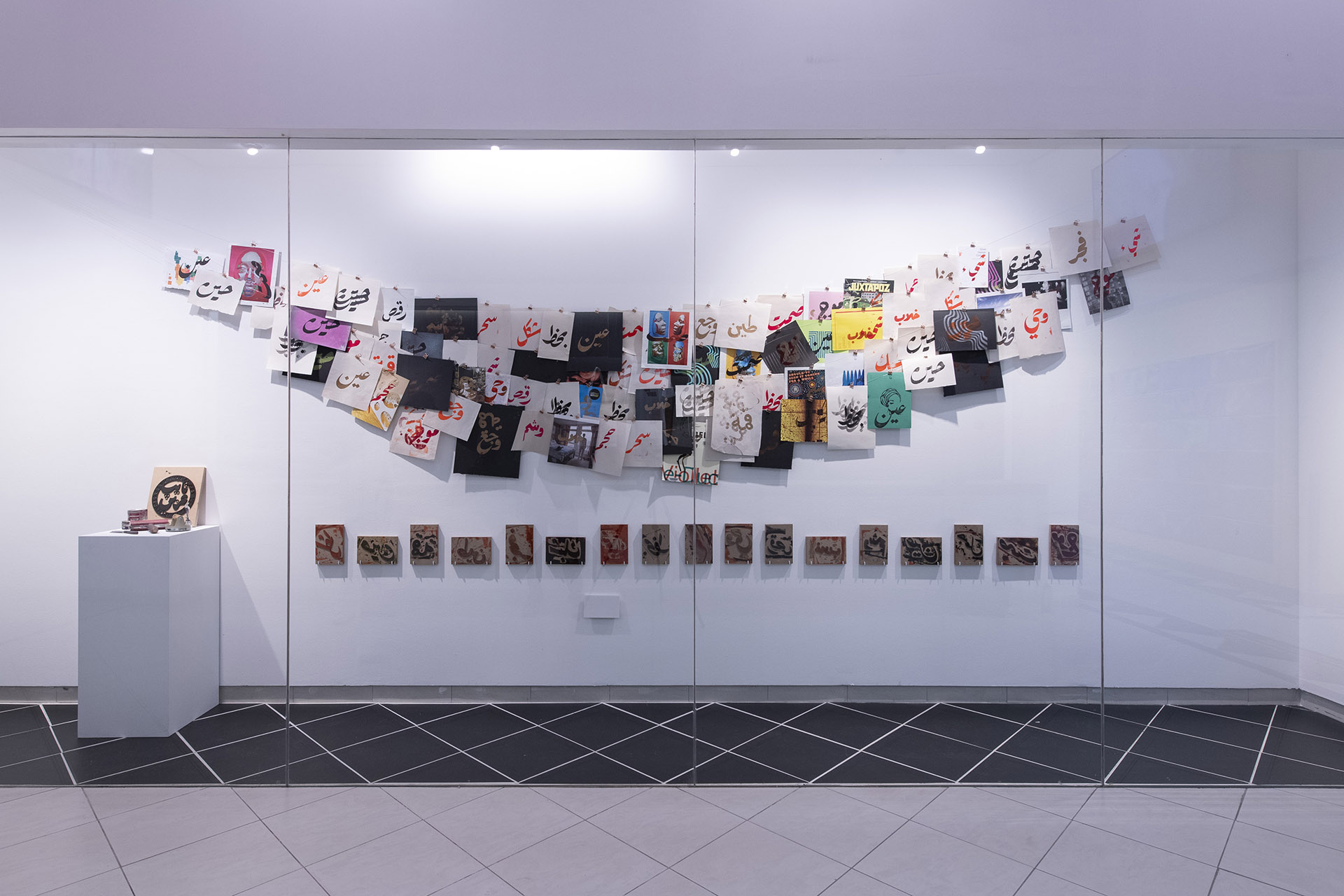
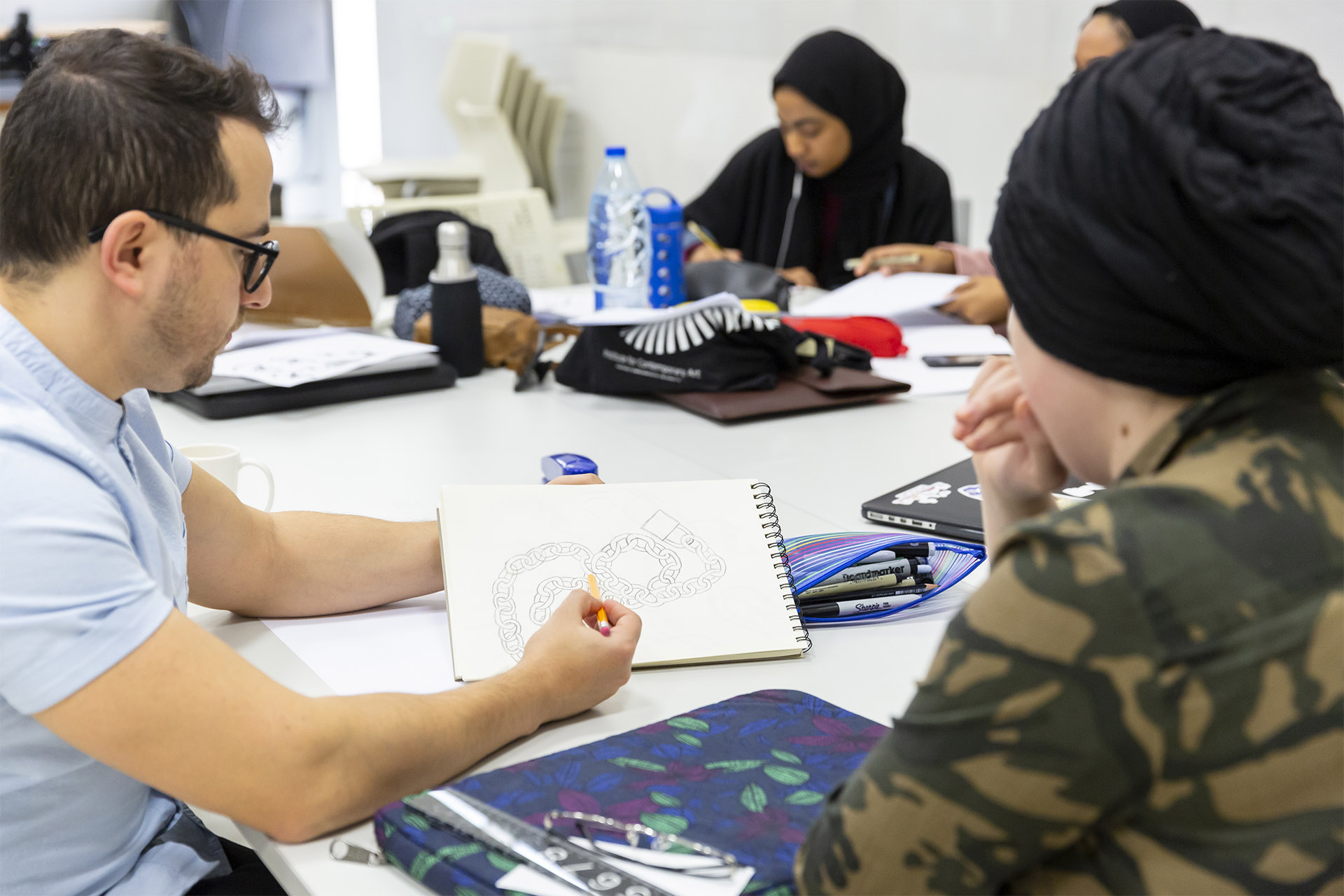
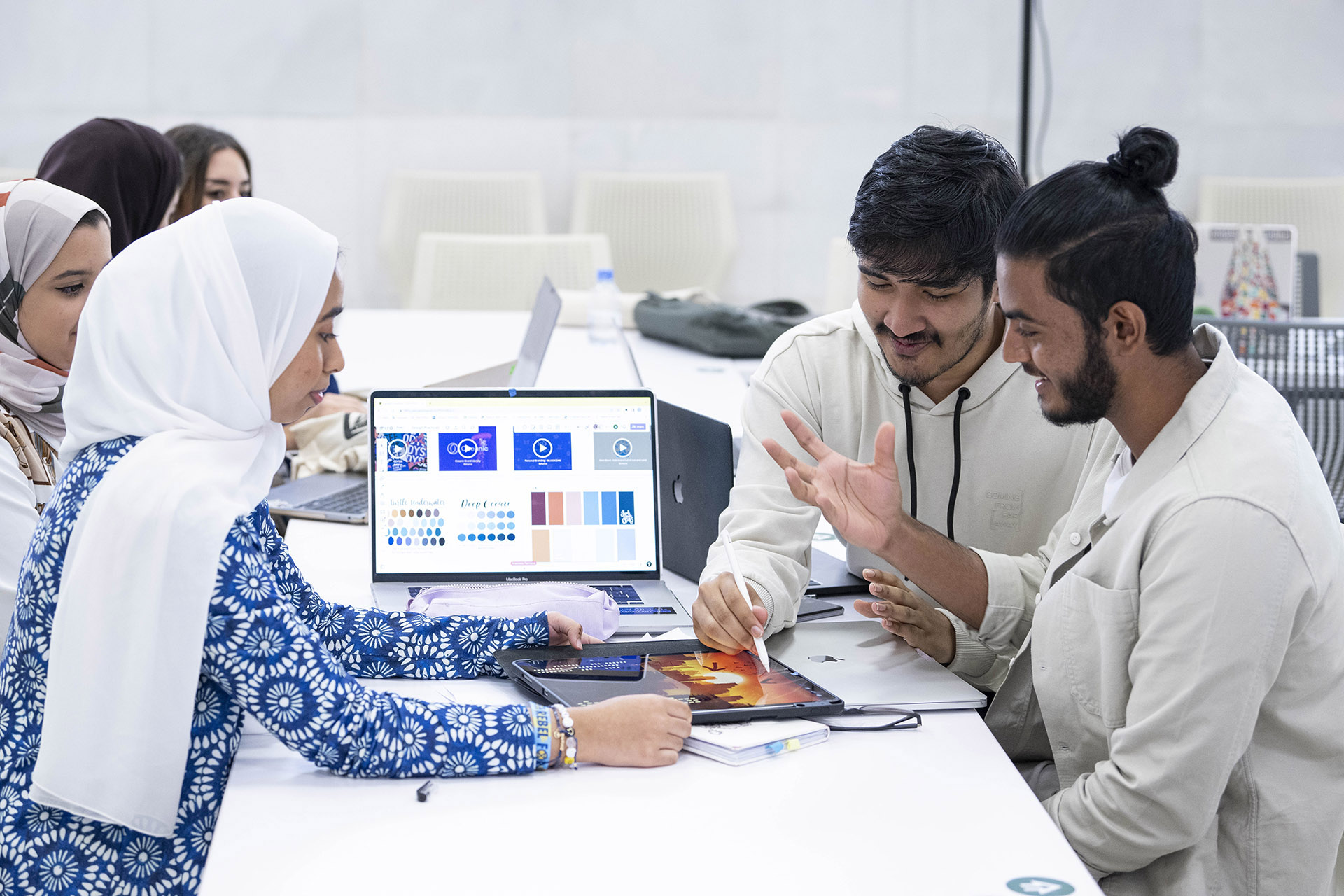
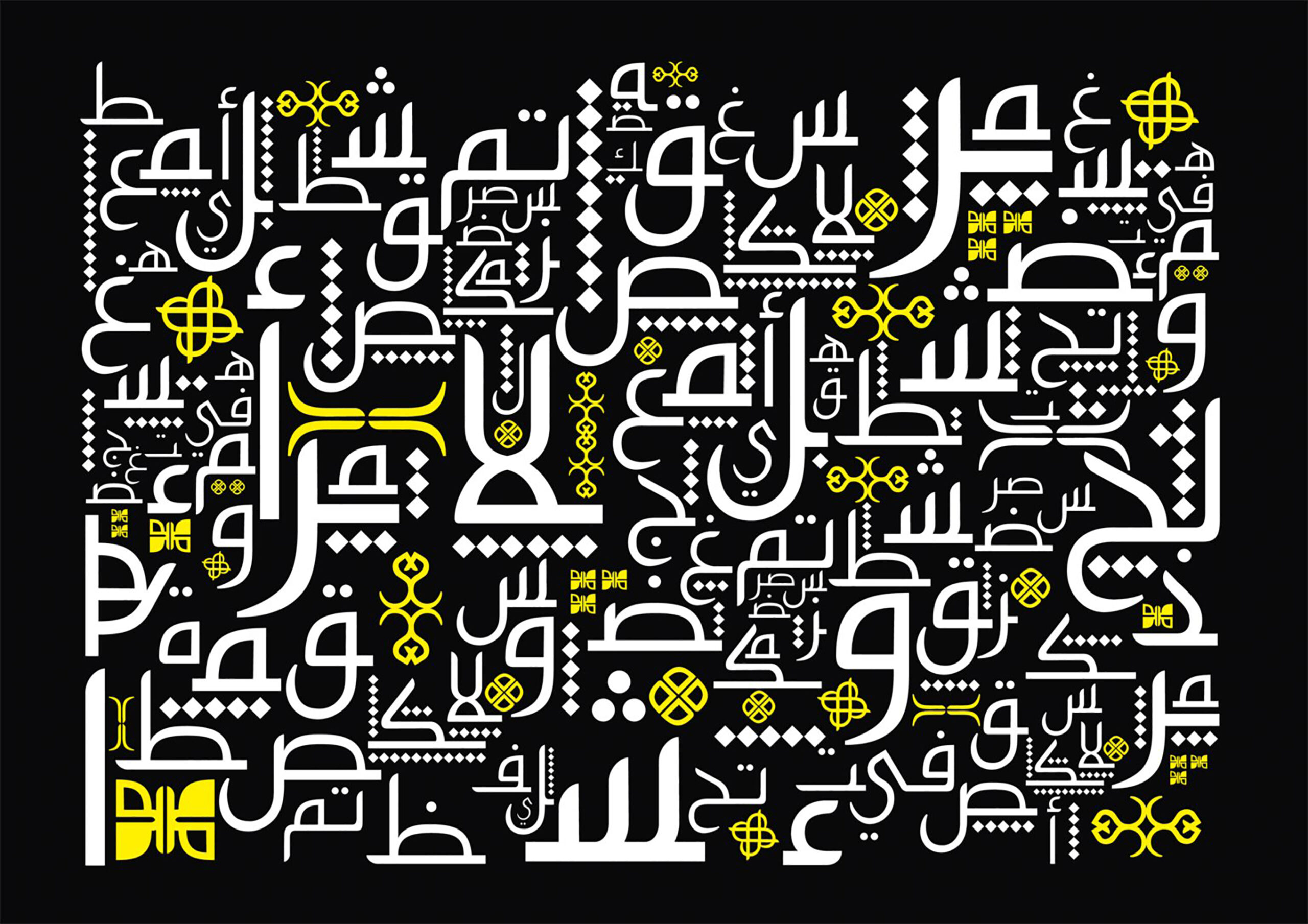
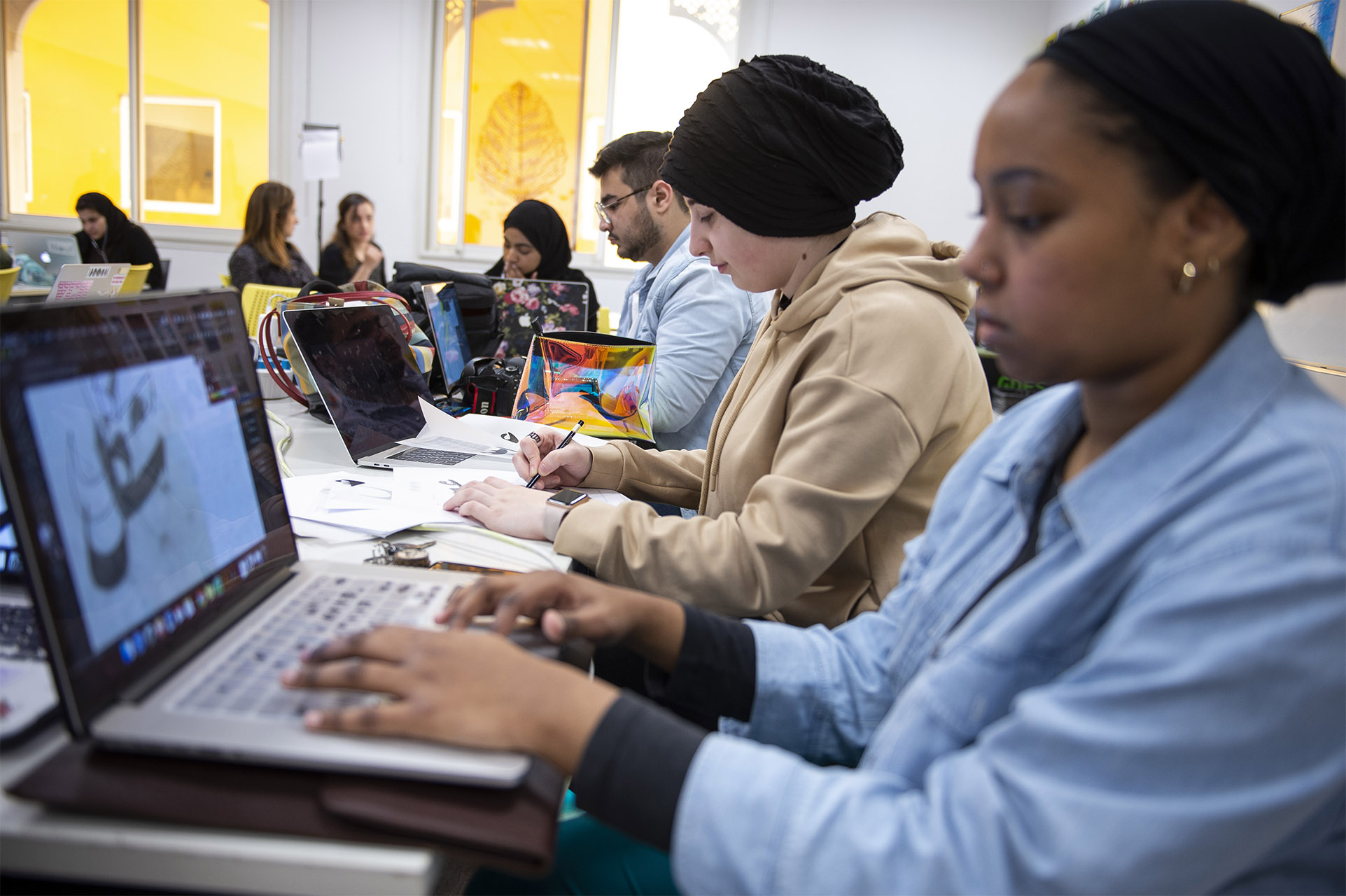
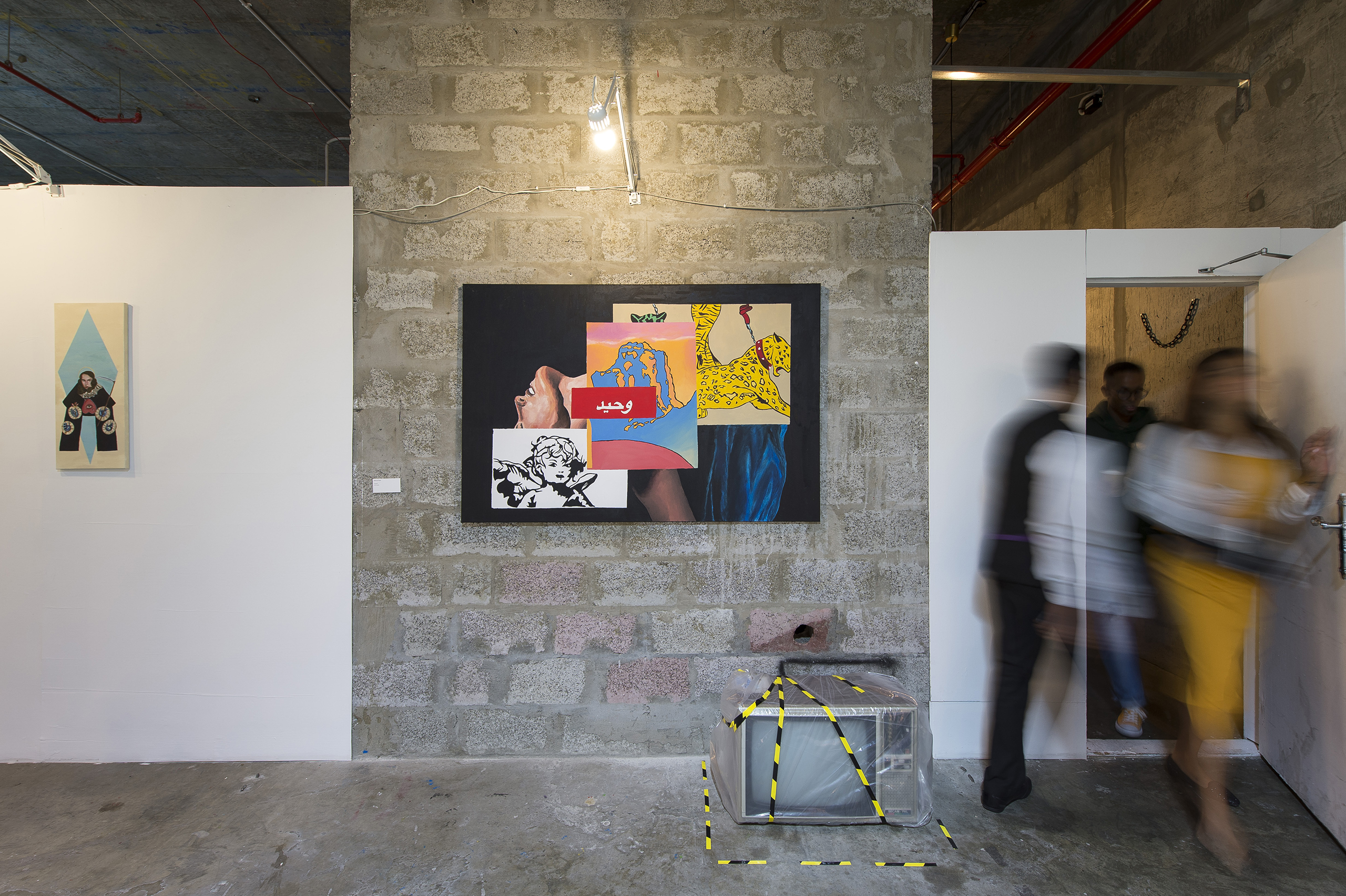
MINBER Exhibition 2018 – a collection of art works created by 15 junior and senior PAPR students
MINBER Exhibition
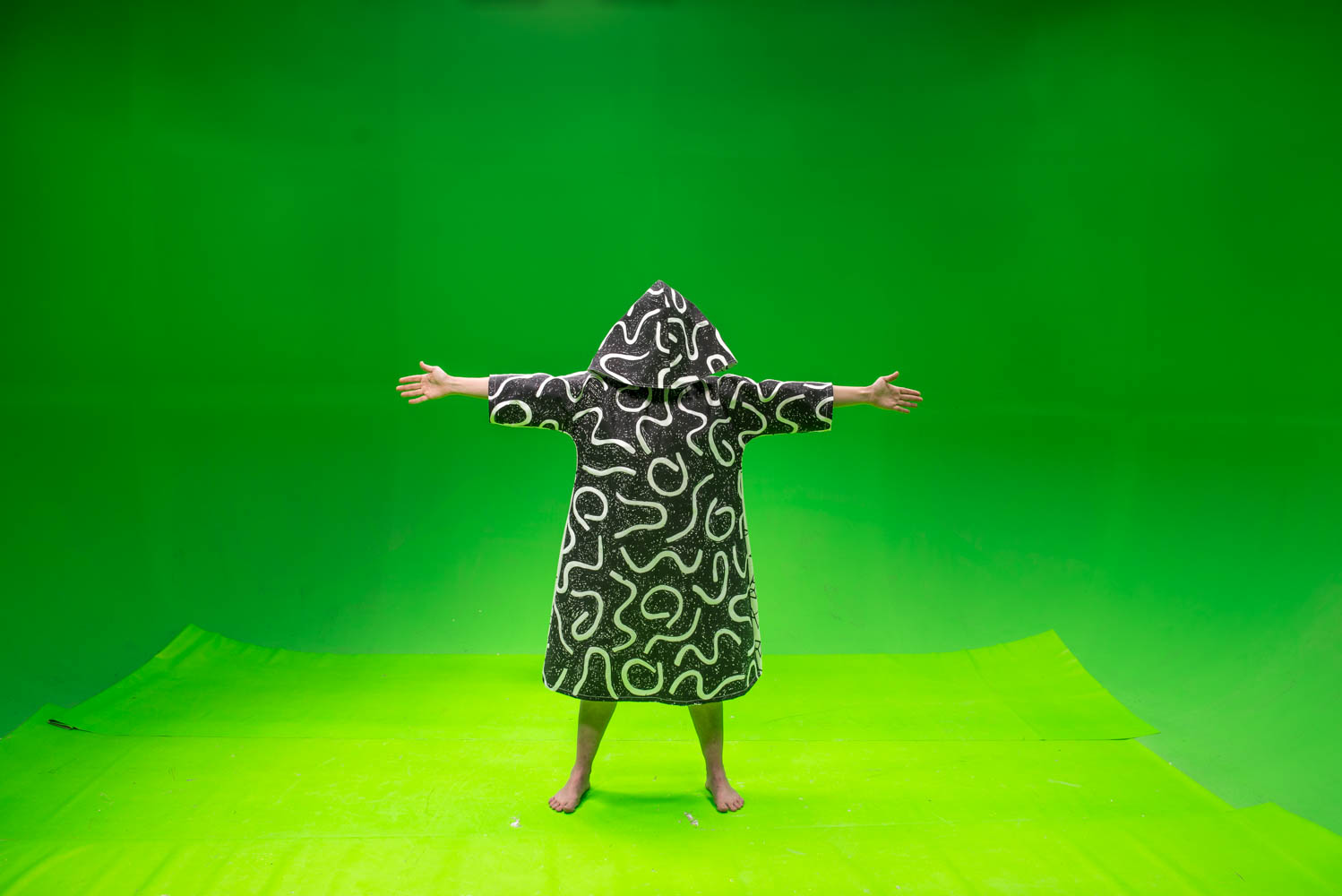
Las Hermanas Iglesias – Janelle and Lisa Iglesias – Fanoon Center for Printmedia Research
Printmedia research
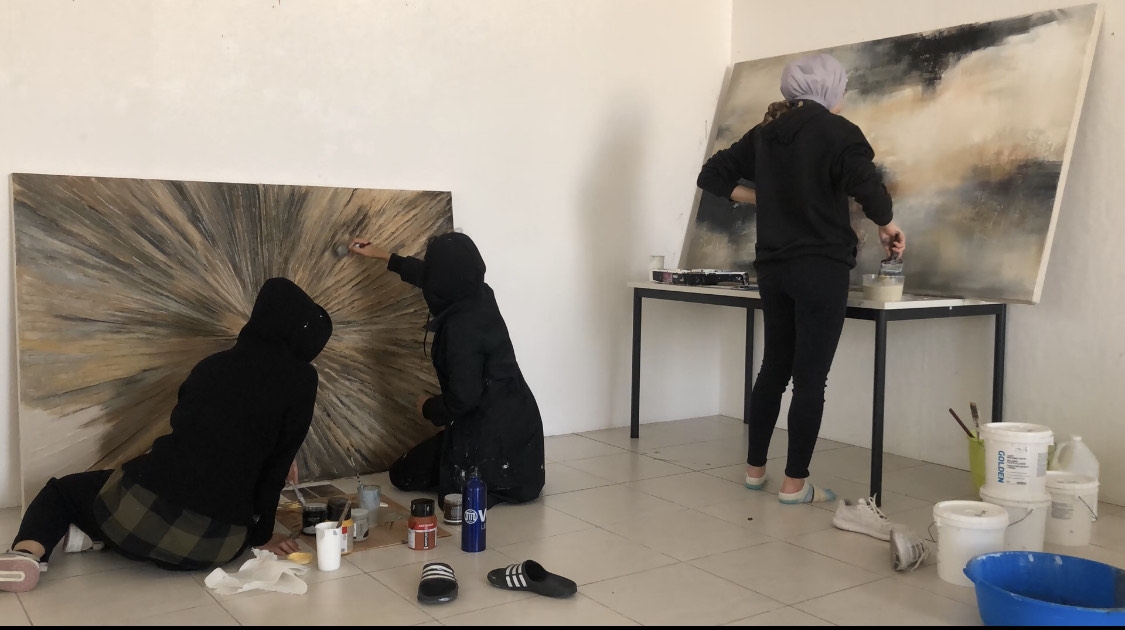
PAPR Students and one alumna working on 29 paintings for client GWC
PAPR students
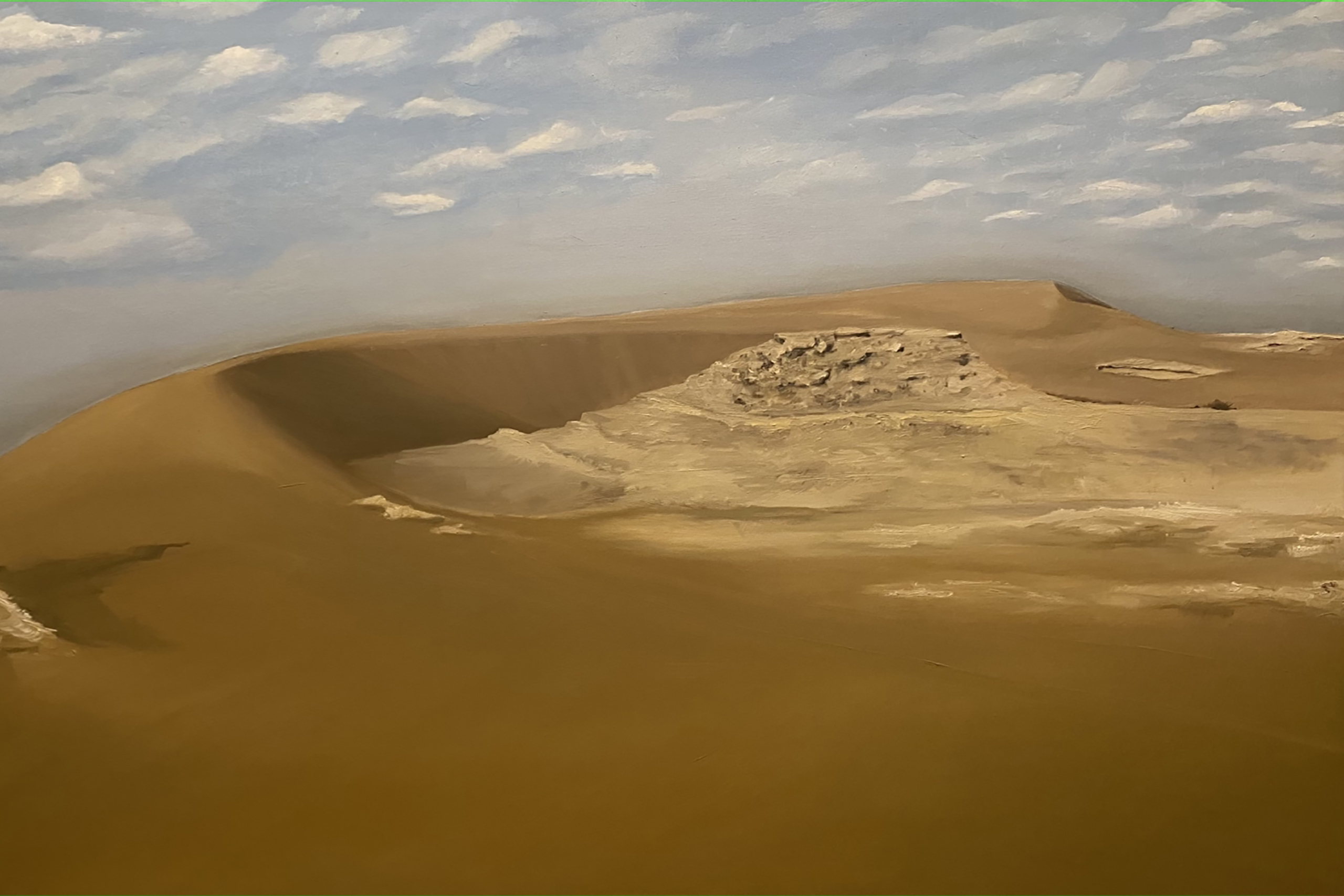
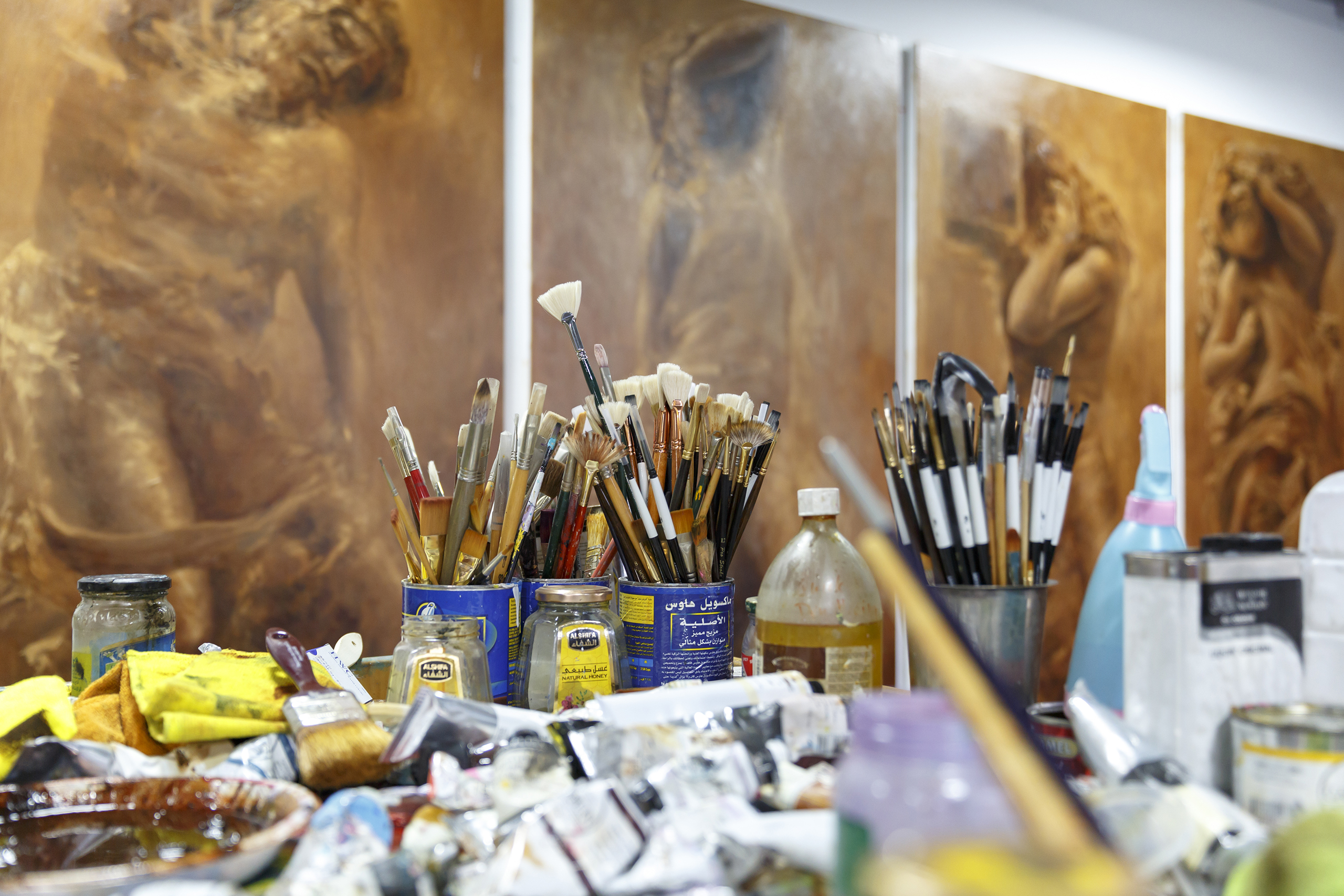
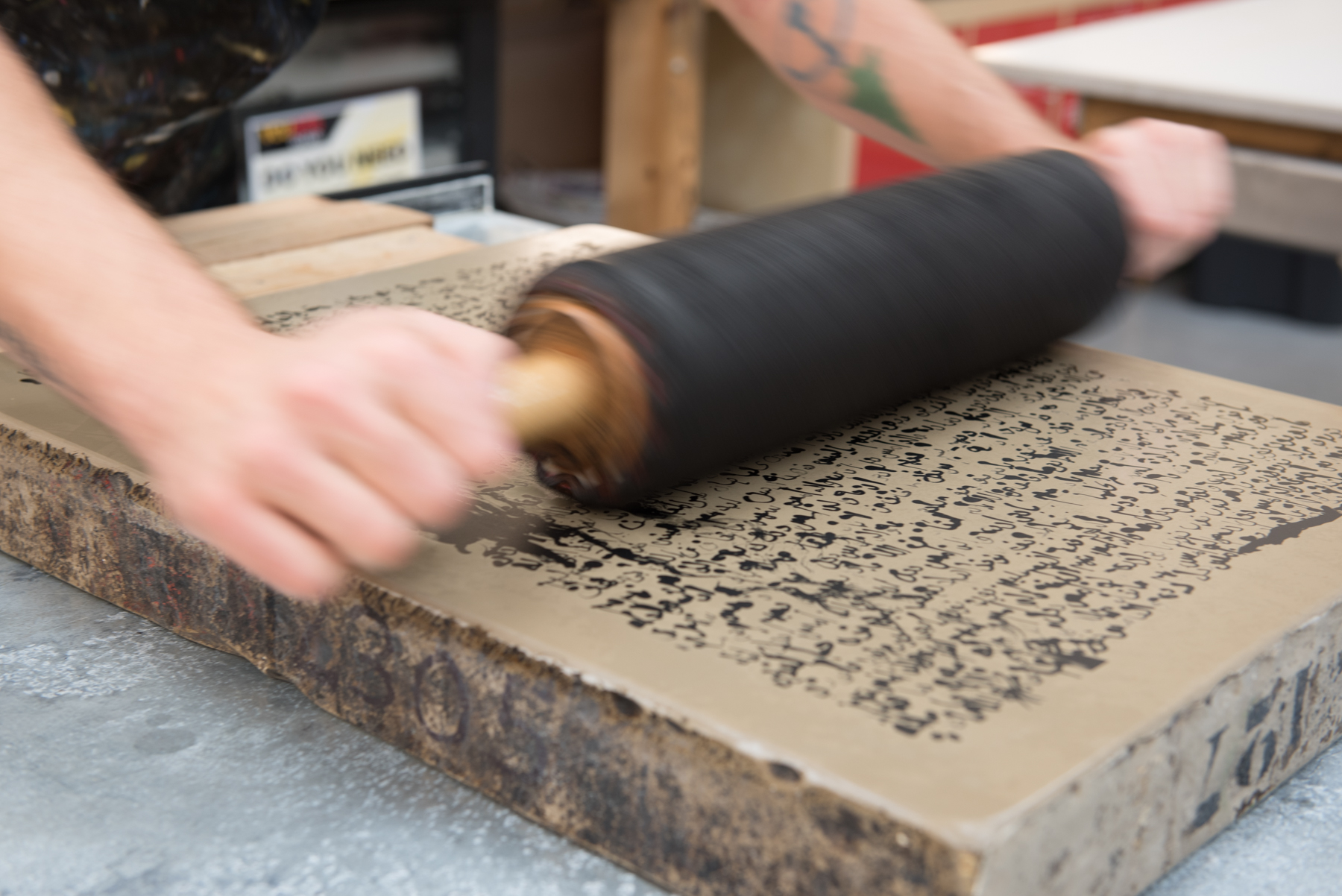
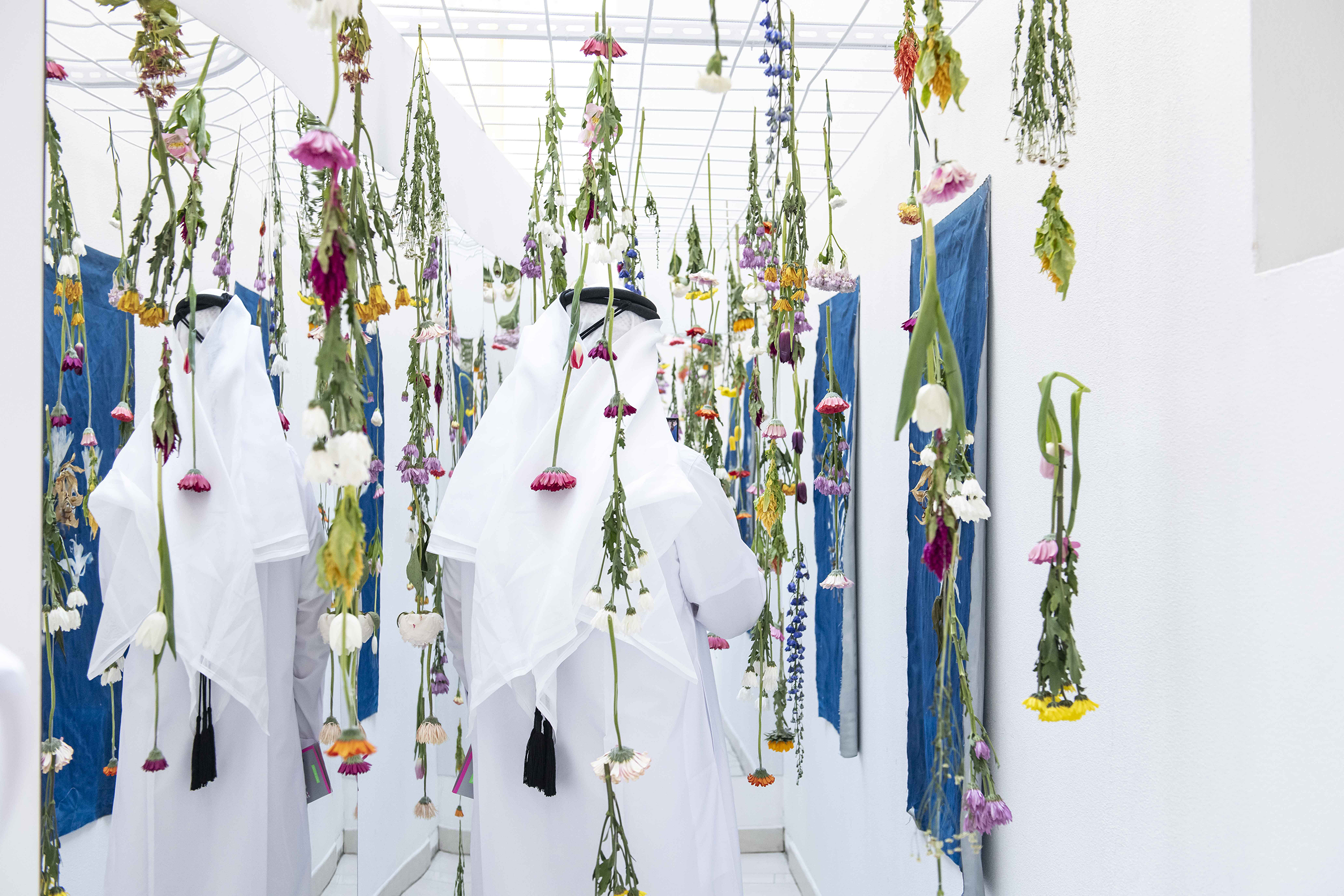
BFA+MFA 2023 Happiness in the Air by Almaha Al-Mahmoud
Almaha Al-Mahmoud
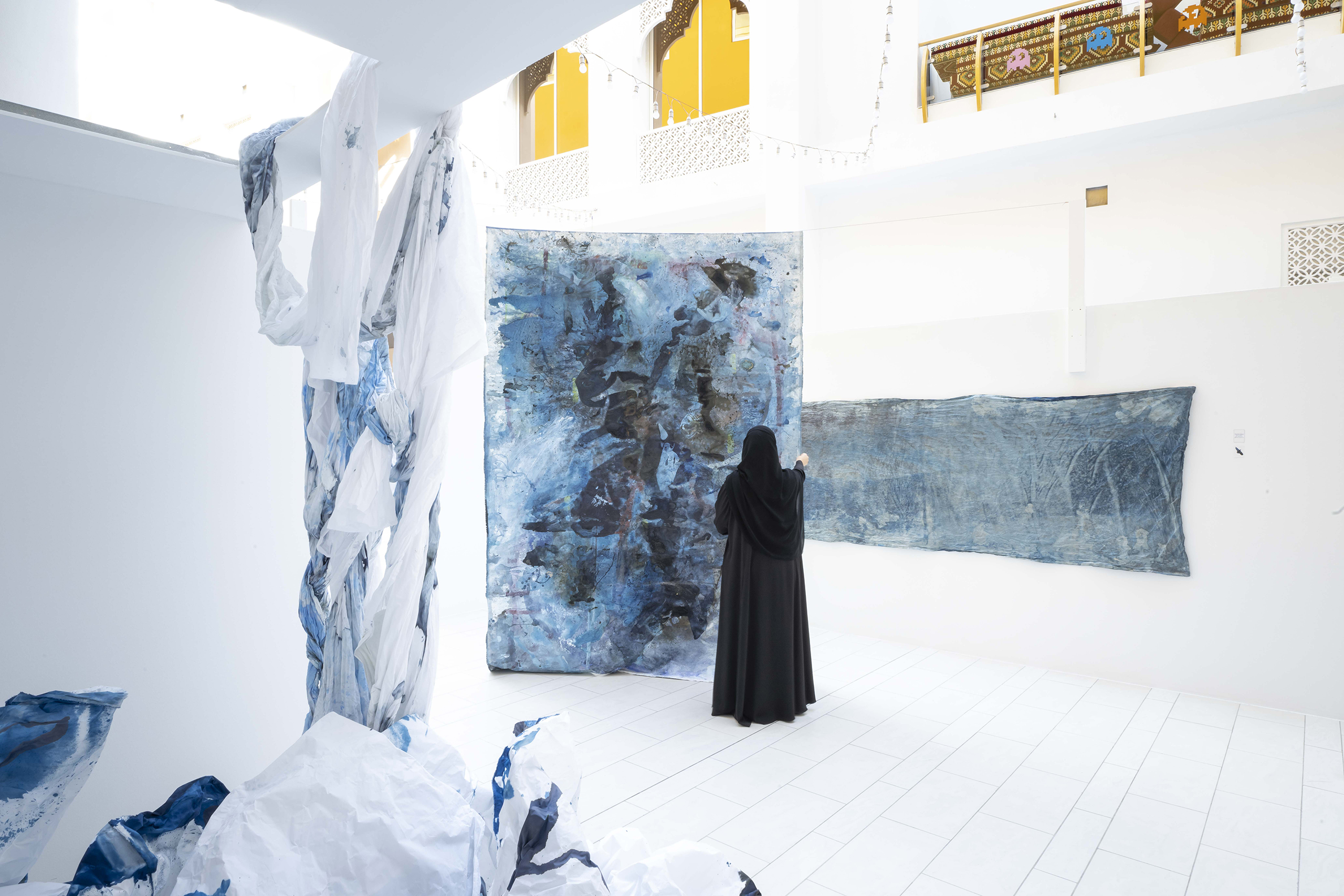
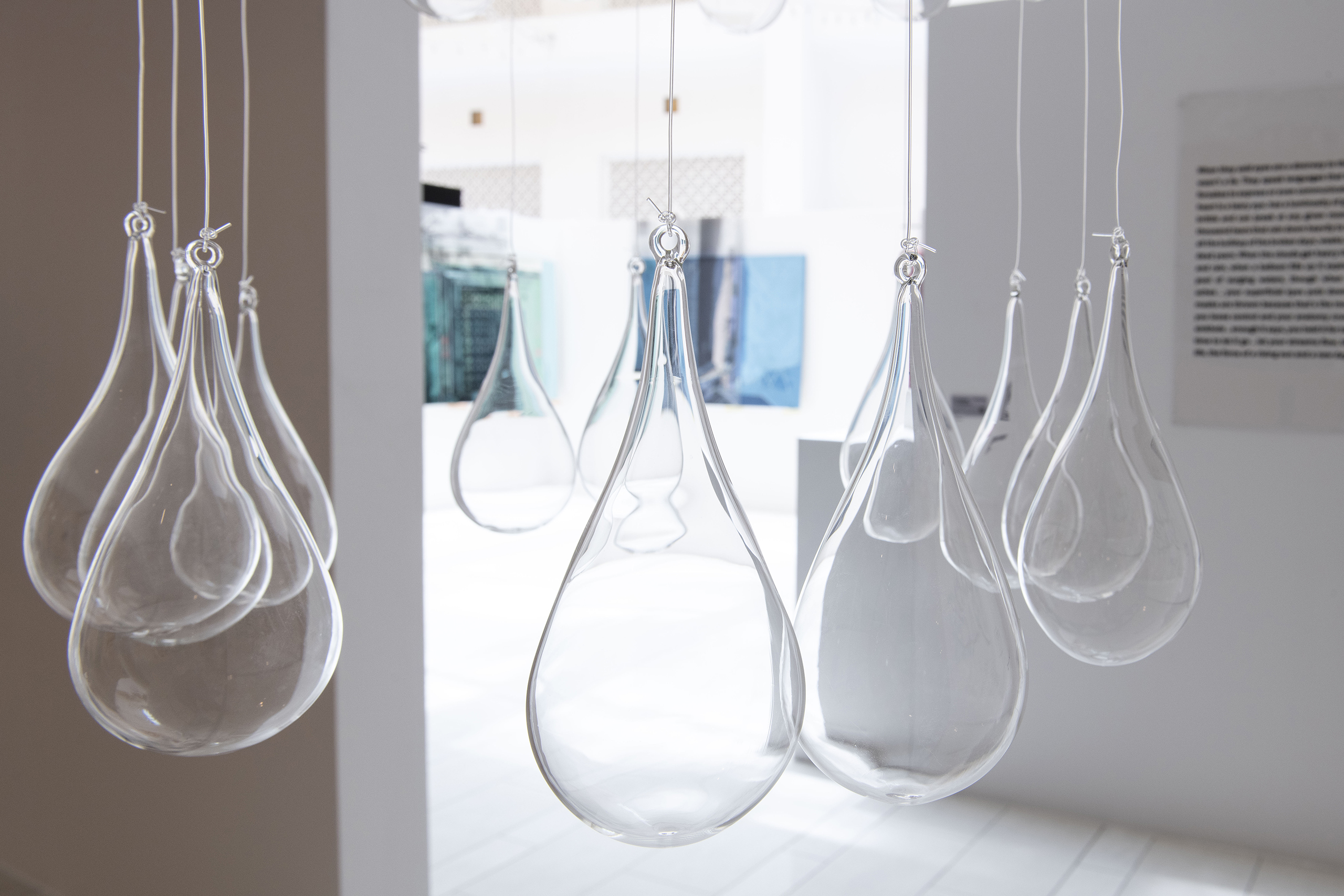

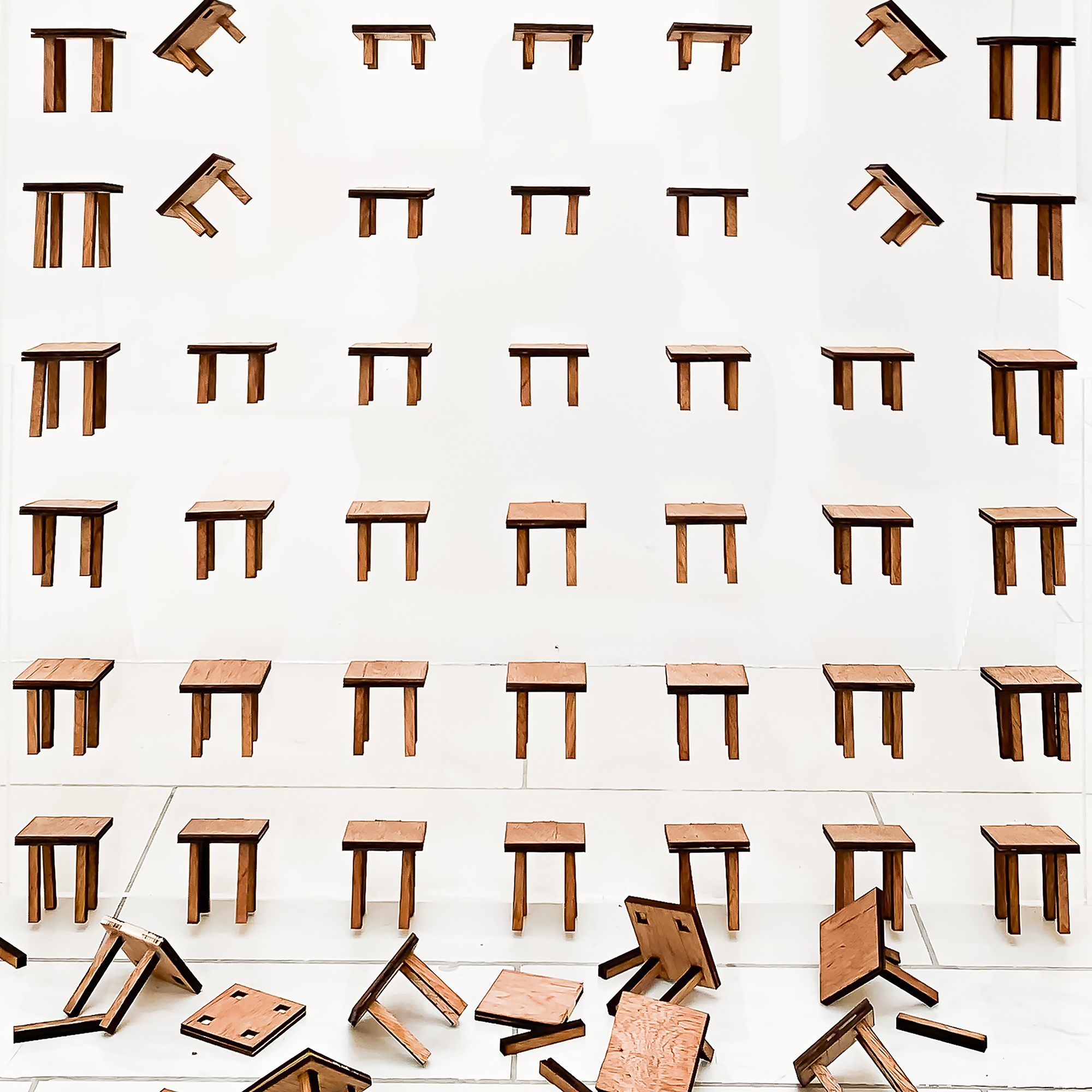
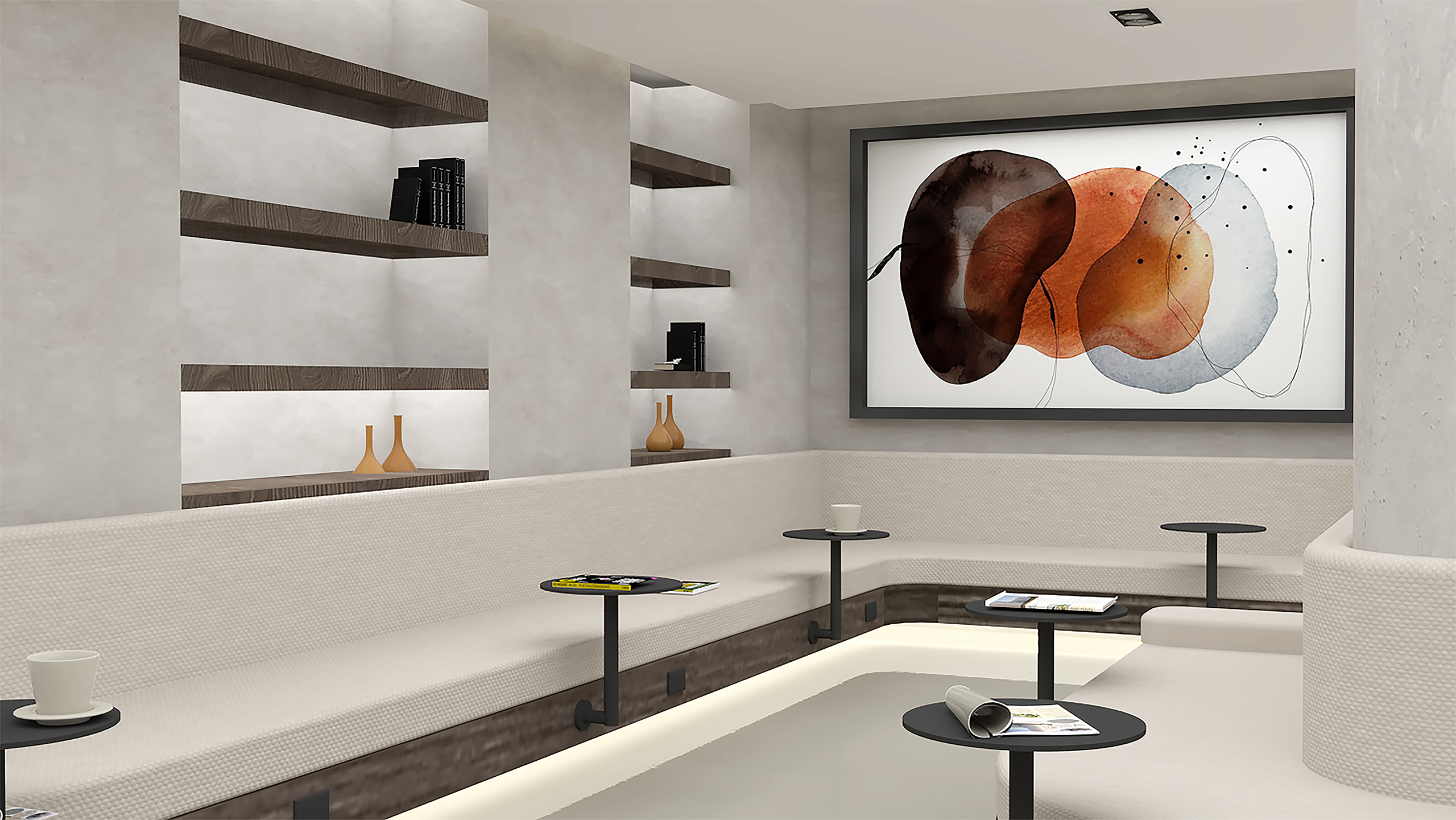
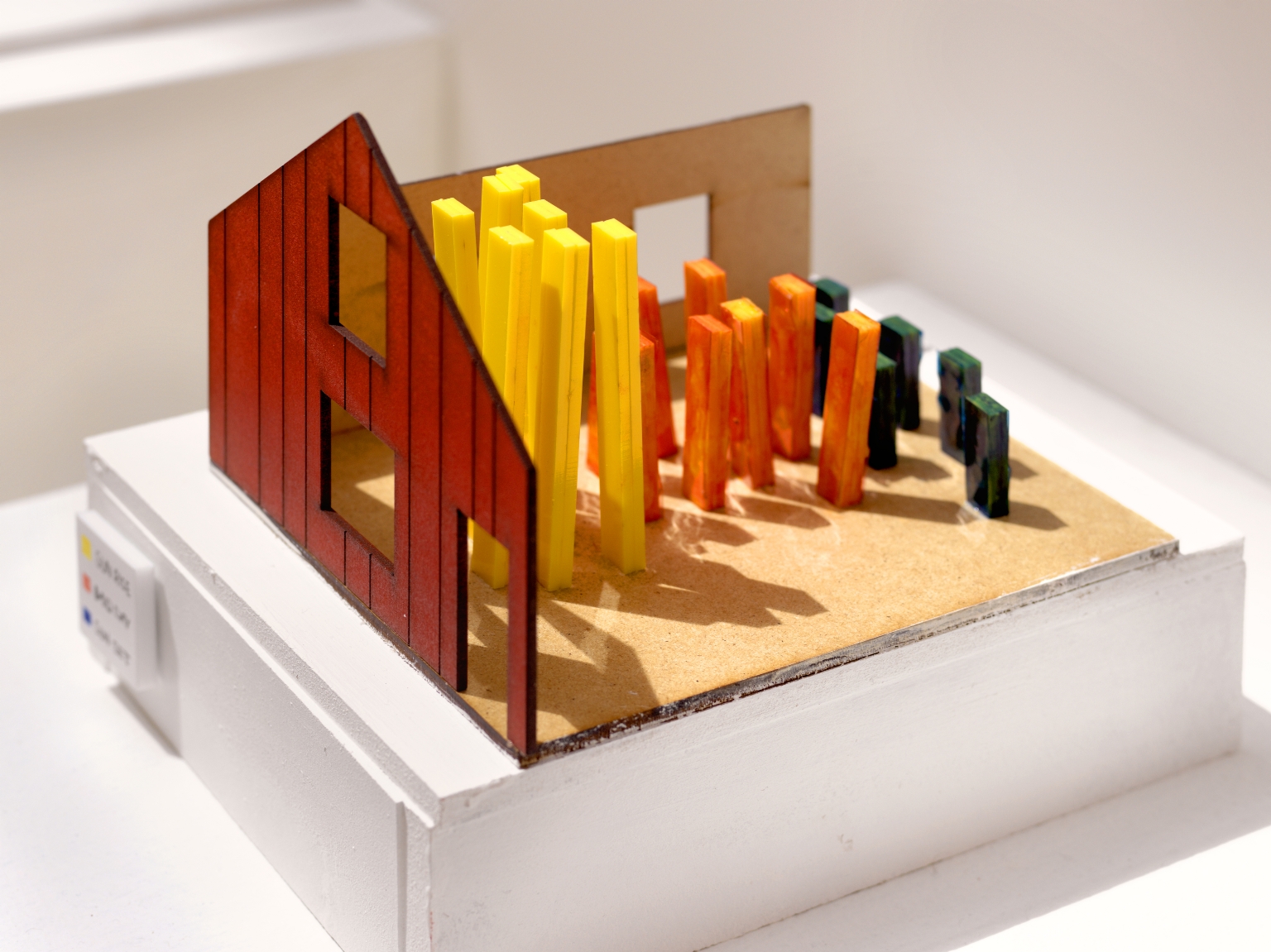
Interior Design Department exhibition of student work, held in the Saffron Hall, March, Spring 2018
Interior Design Exhibition
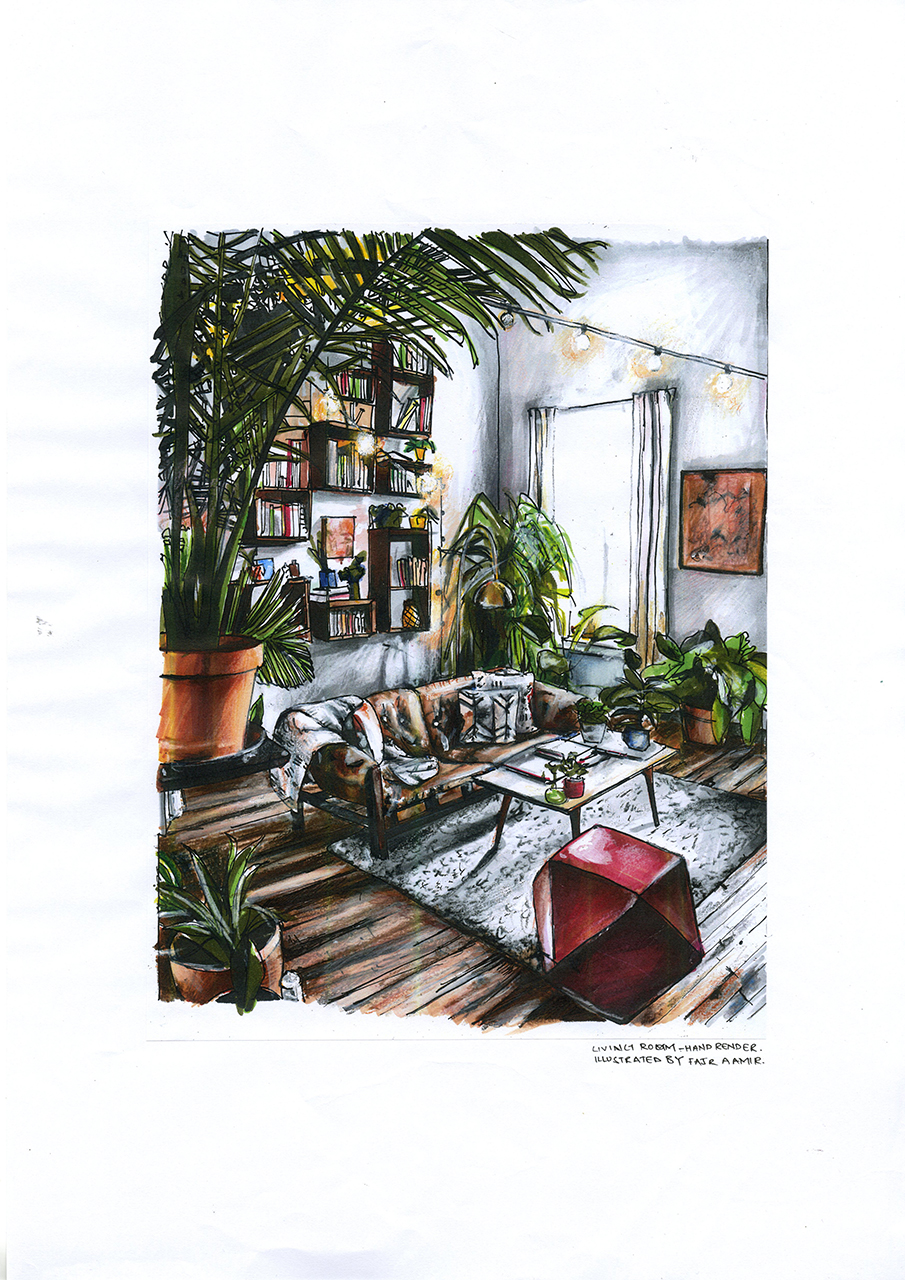
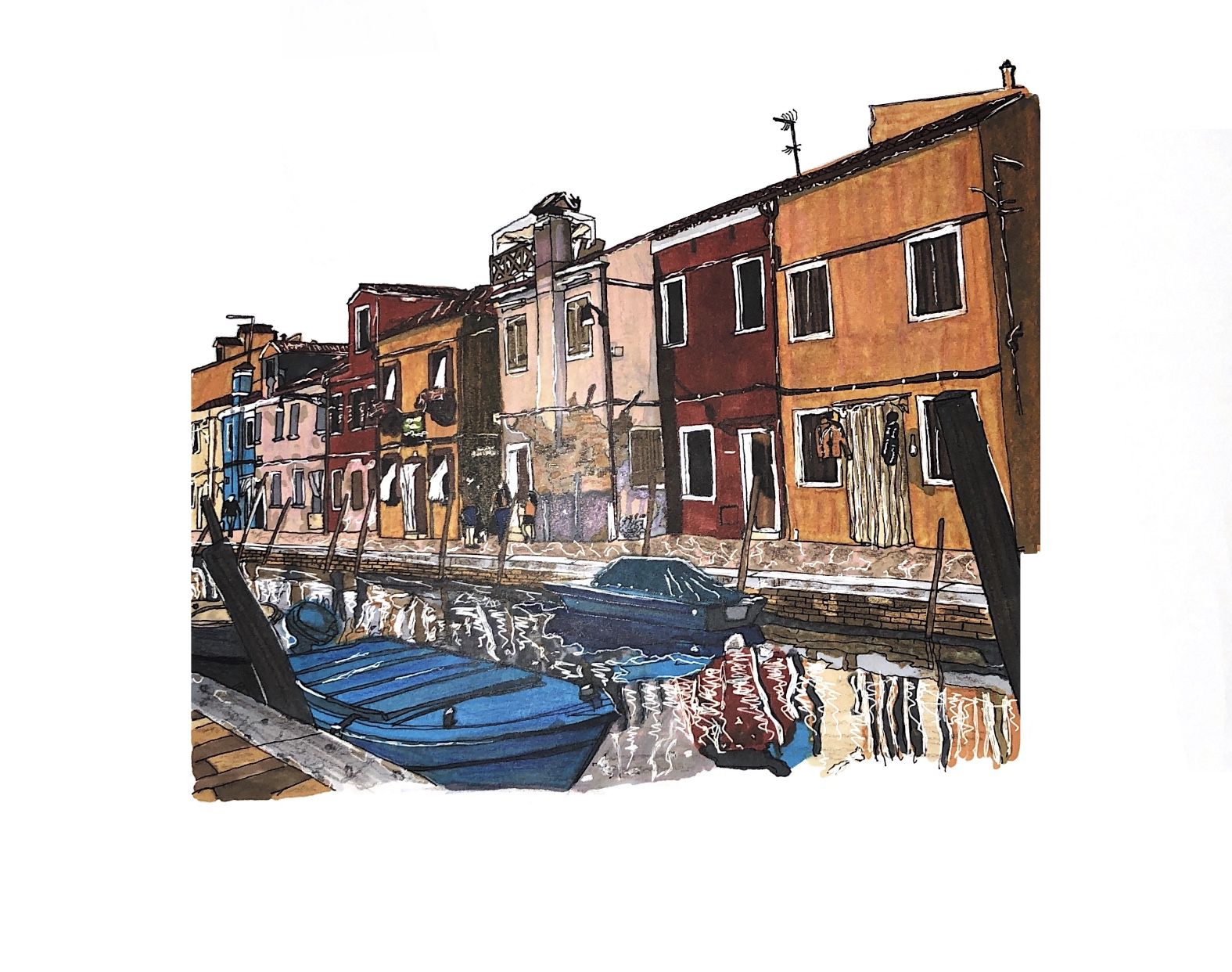
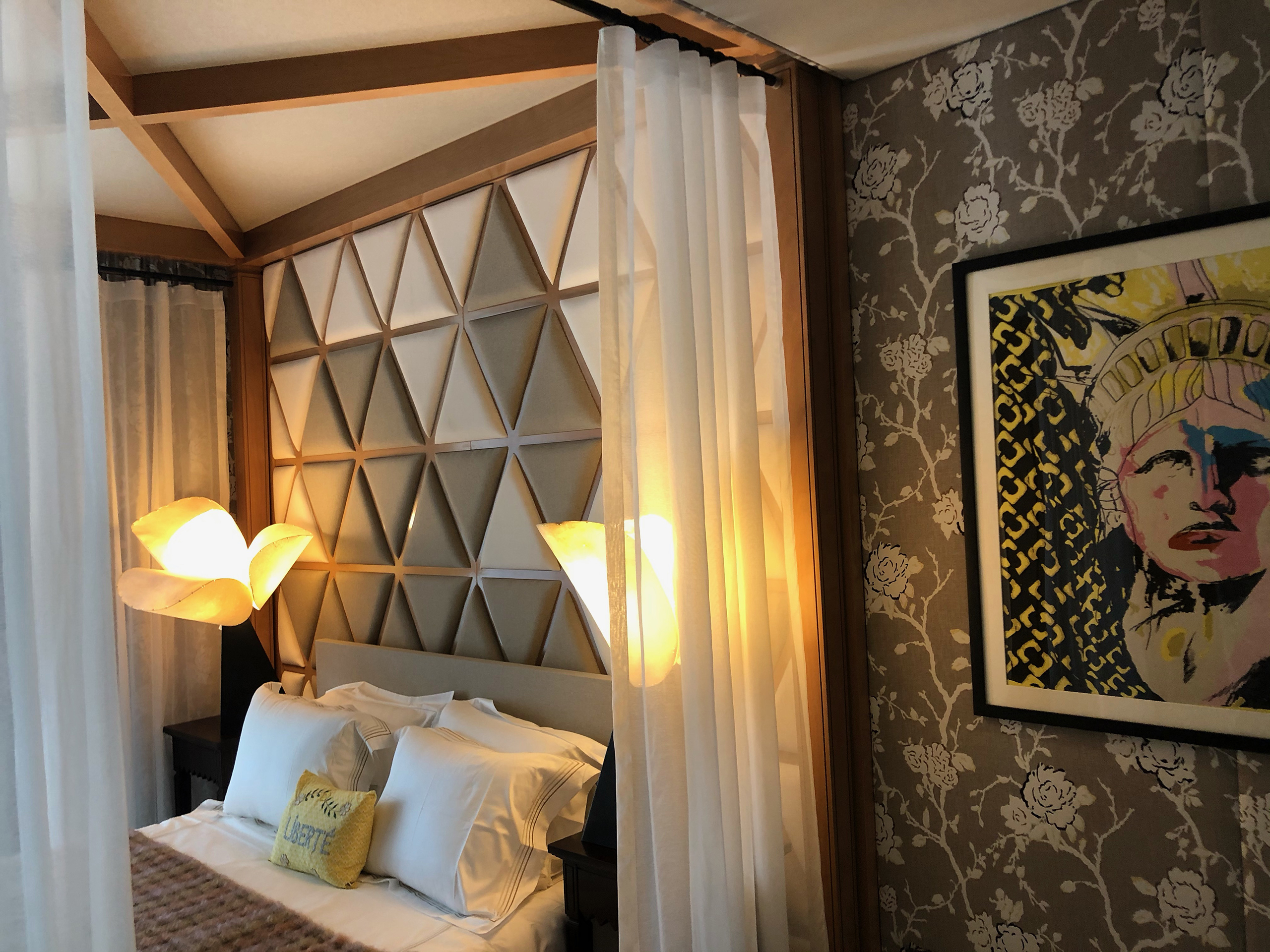
Diane Von Furstenberg in her IDES designed Mshbreib apartment
Mshbreib apartment
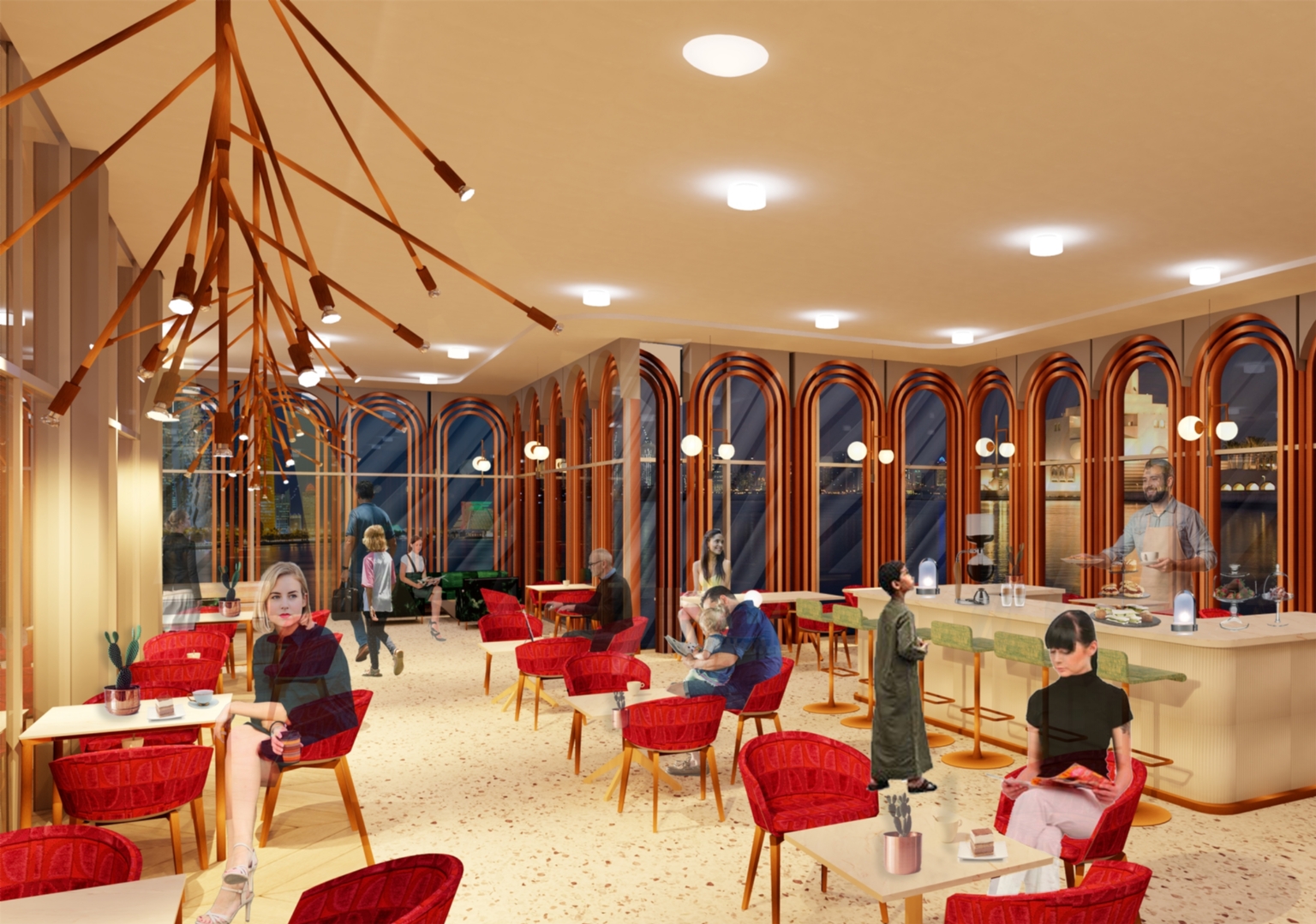
Interior Design Program Student Project – Rendering IDES 2020
Interior Design Student Project

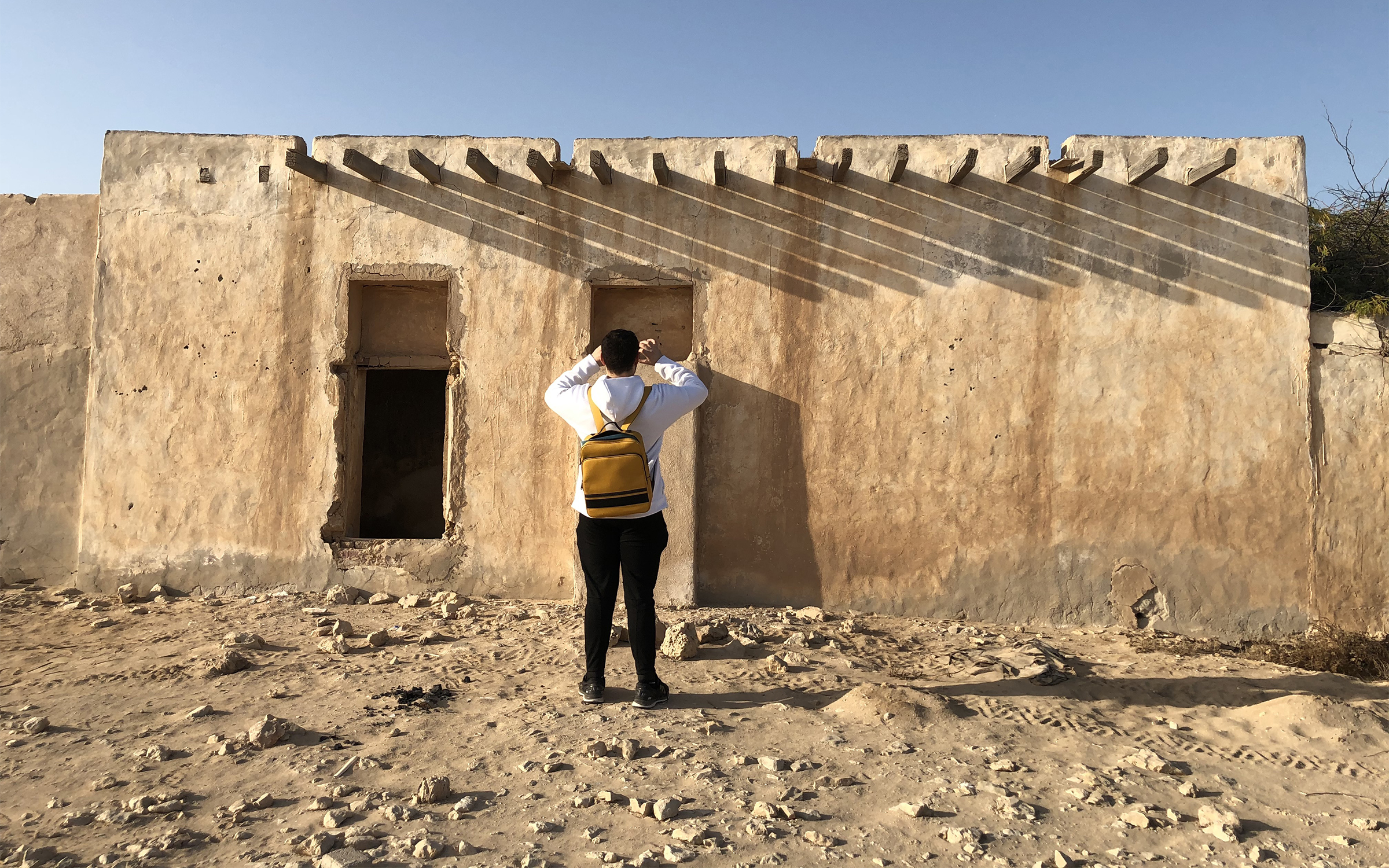
Touring the Qatar Desert – historical visits to Qatar’s original homes
Qatar’s original home
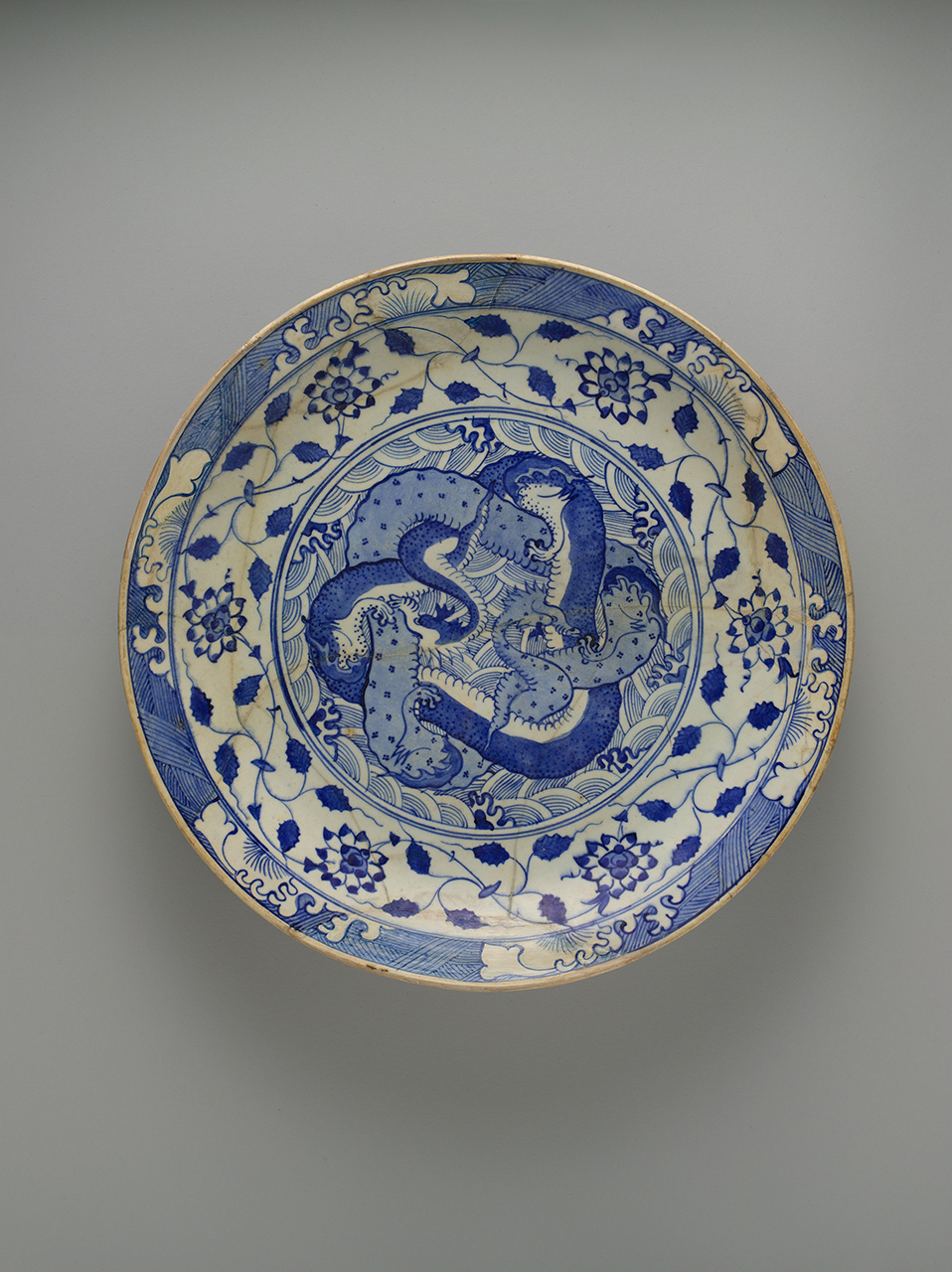
Dish with Two Intertwined Dragons
ca. 1640
Attributed to Iran, Kirman
Stonepaste; painted in blue under transparent glaze
H. 2 3/4 in. (7cm), diam. 17 1/4 in. (43.8cm)
The metropolitan Museum of Art, New York
Harris Brisbane Dick Fund,1965 , 65.109.2
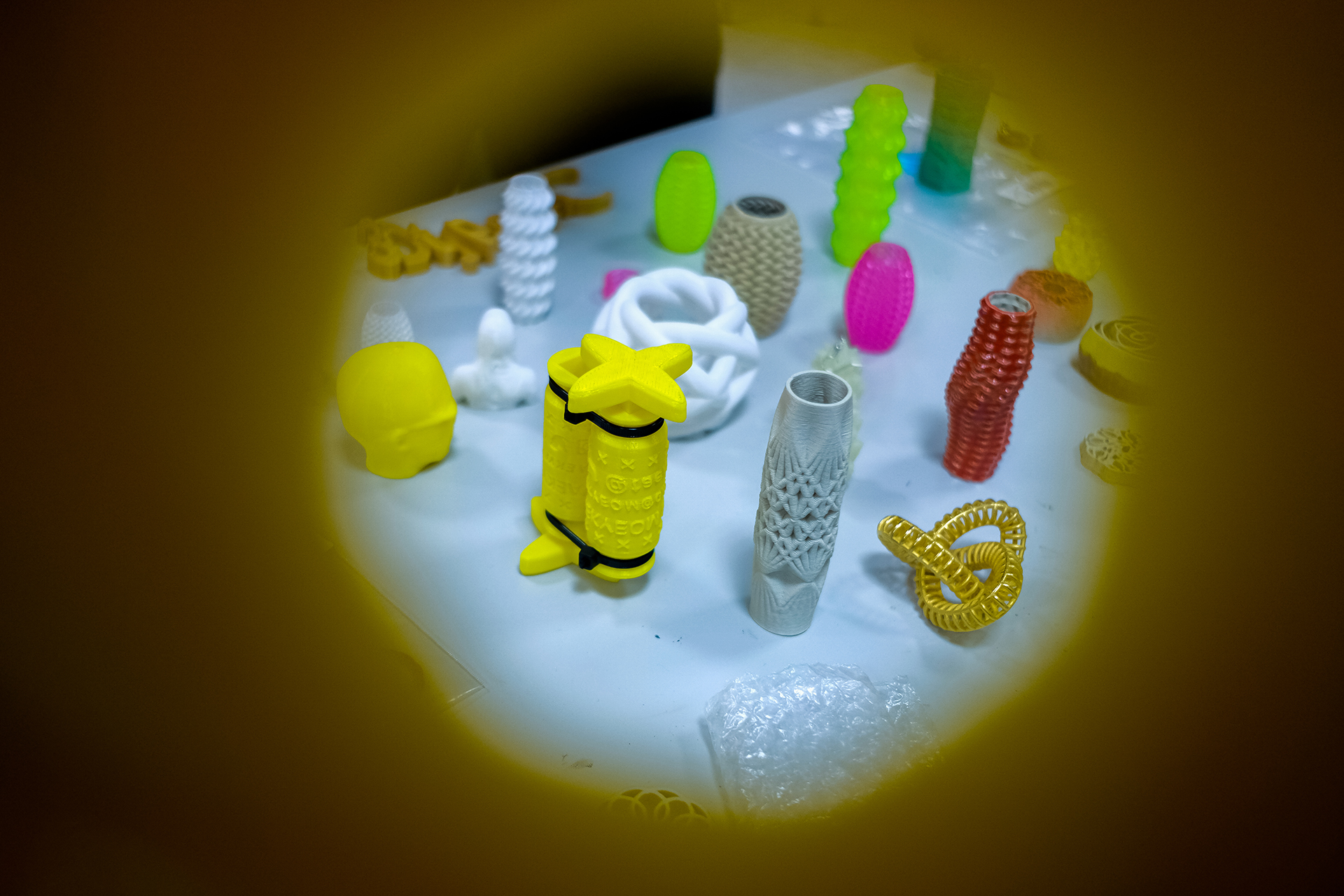
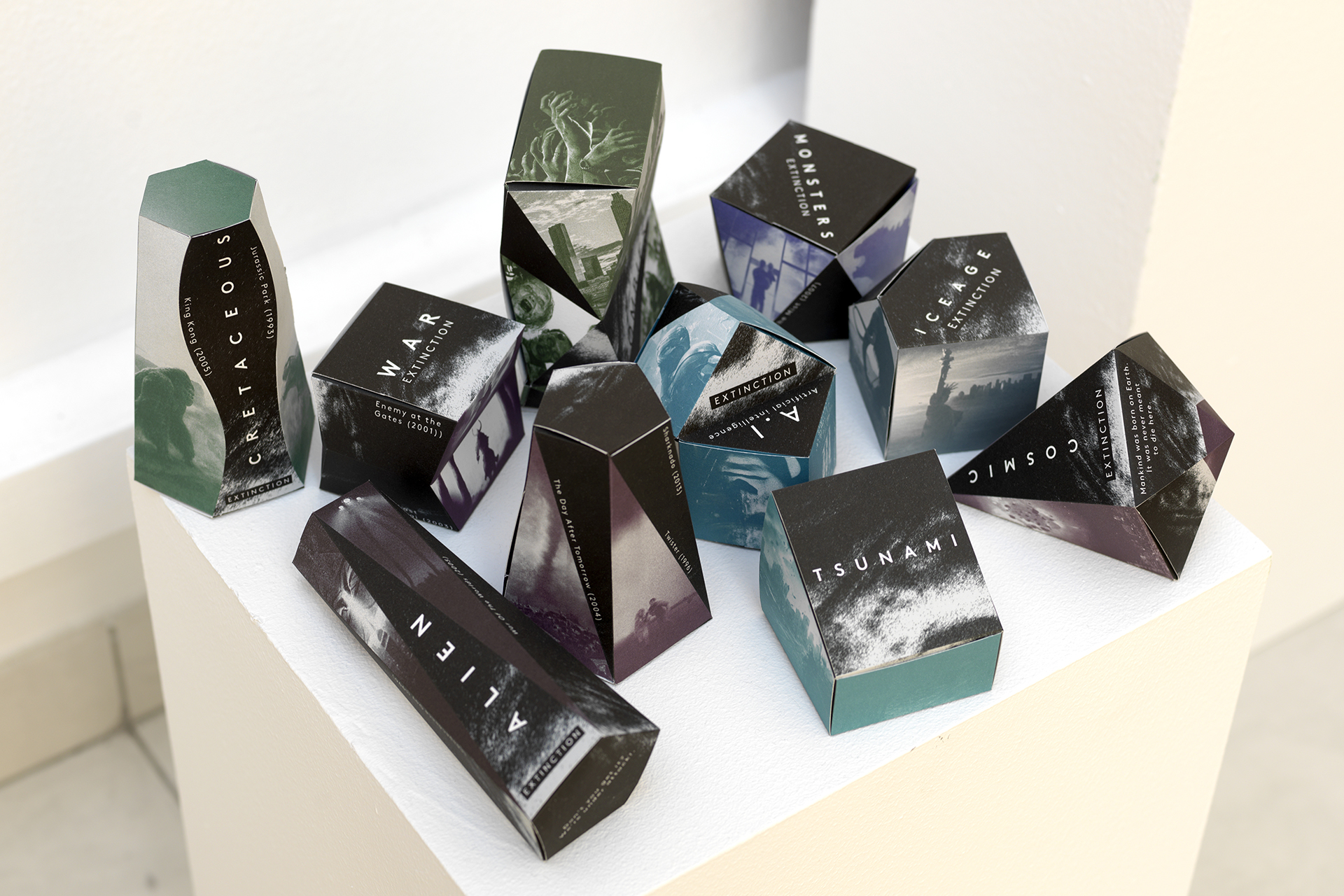
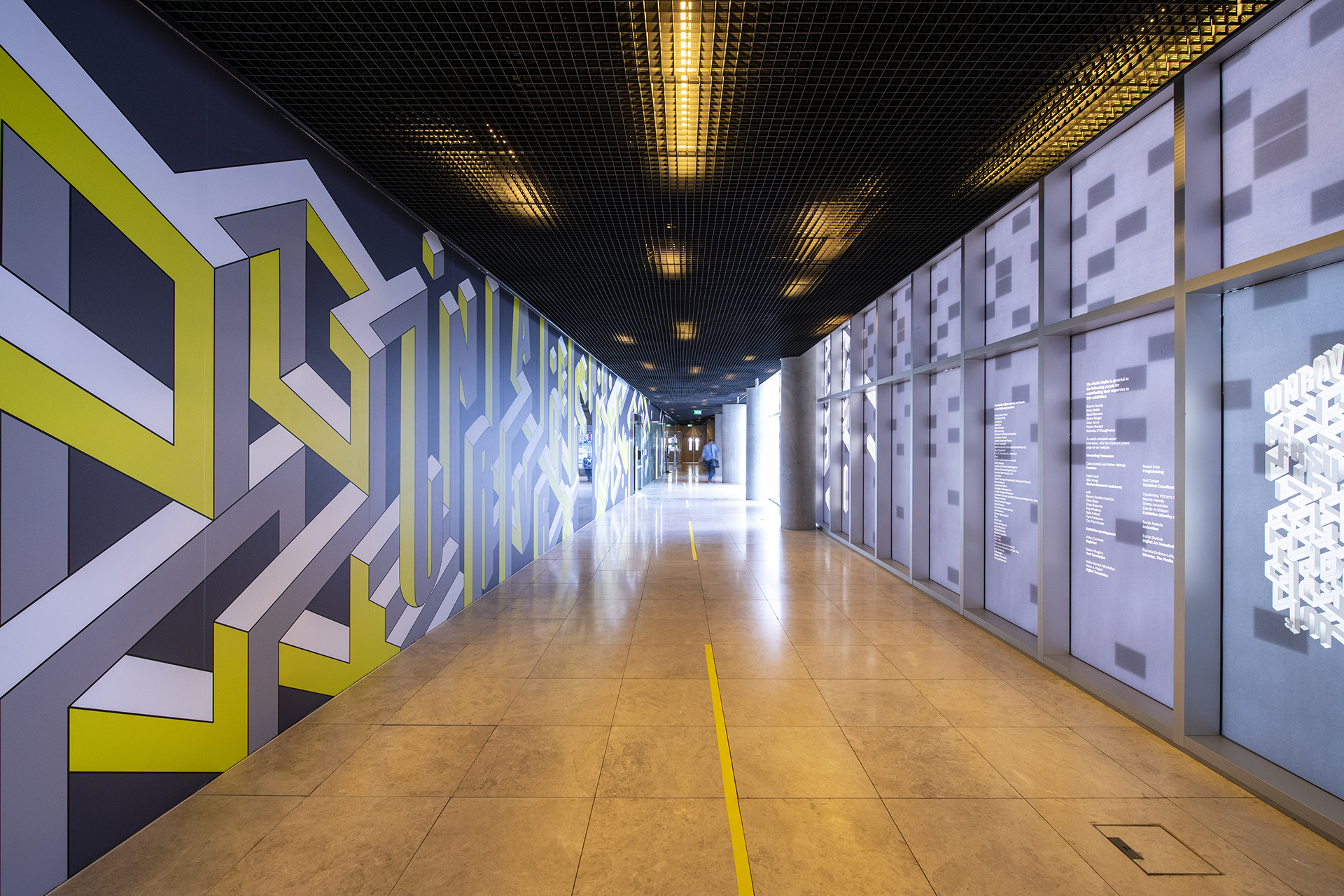
Graphic Design owning a space with bold statement geometric
Graphic Design Space
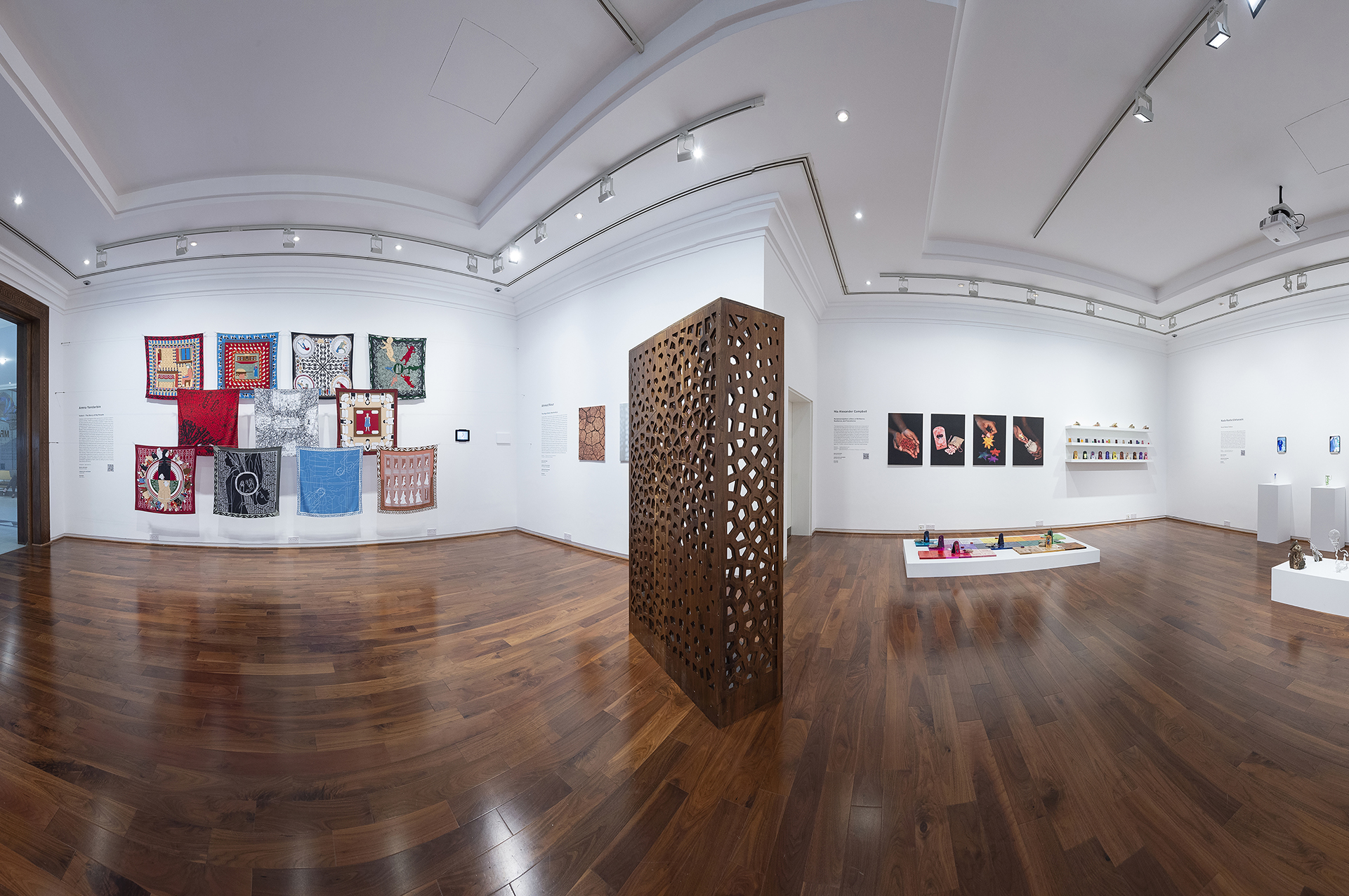
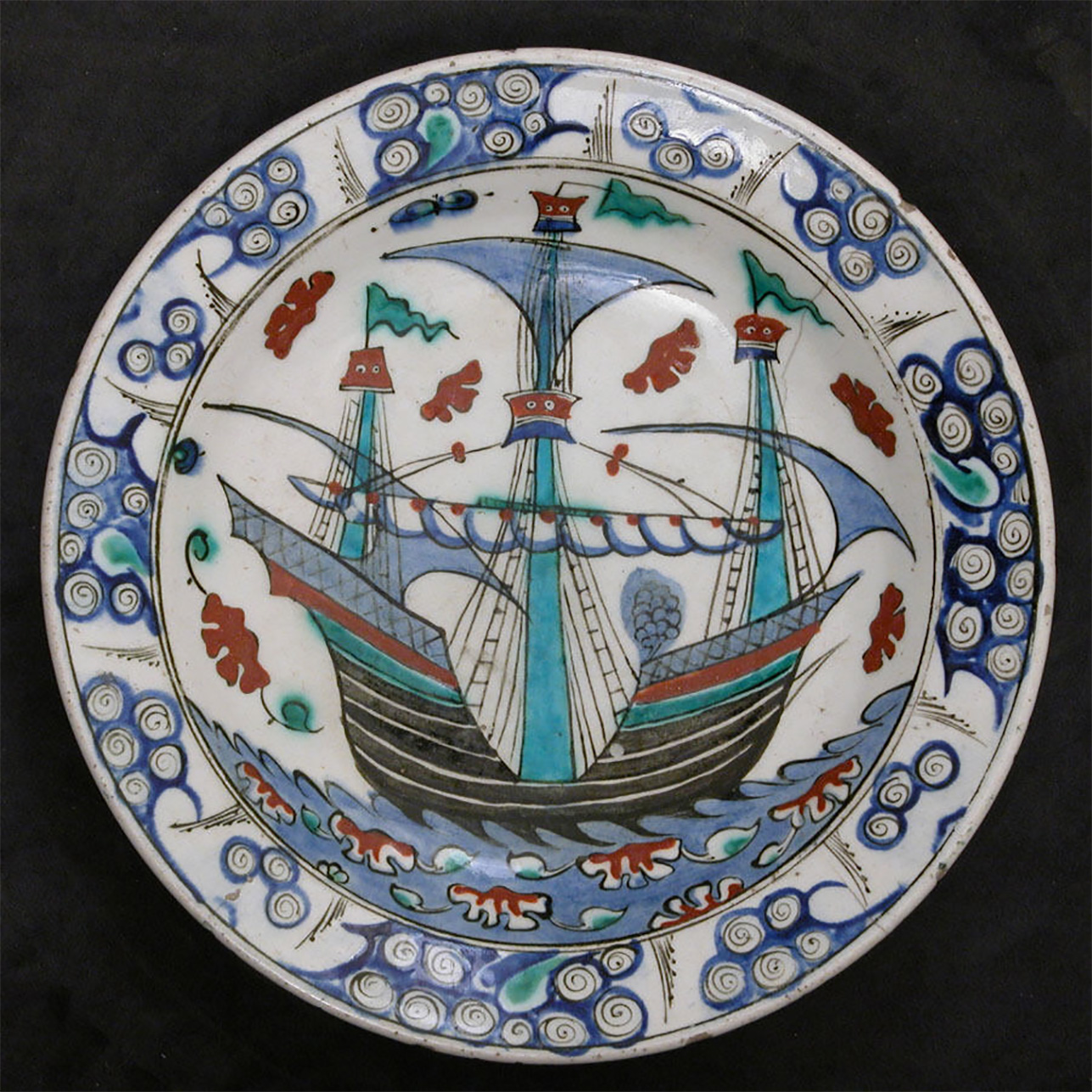
Dish with Sailing-ship Design
ca. 1600
Attributed to Turkey, Iznik
Stonepaste; polychrome painted under transparent glaze
H. 1 15/16 in. (4.9 cm), diam. of rim: 11 1/2 in. (29.2 cm)
The Metropolitan Museum of Art, New York
Harris Brisbane Dick Fund,1966, 66.4.7
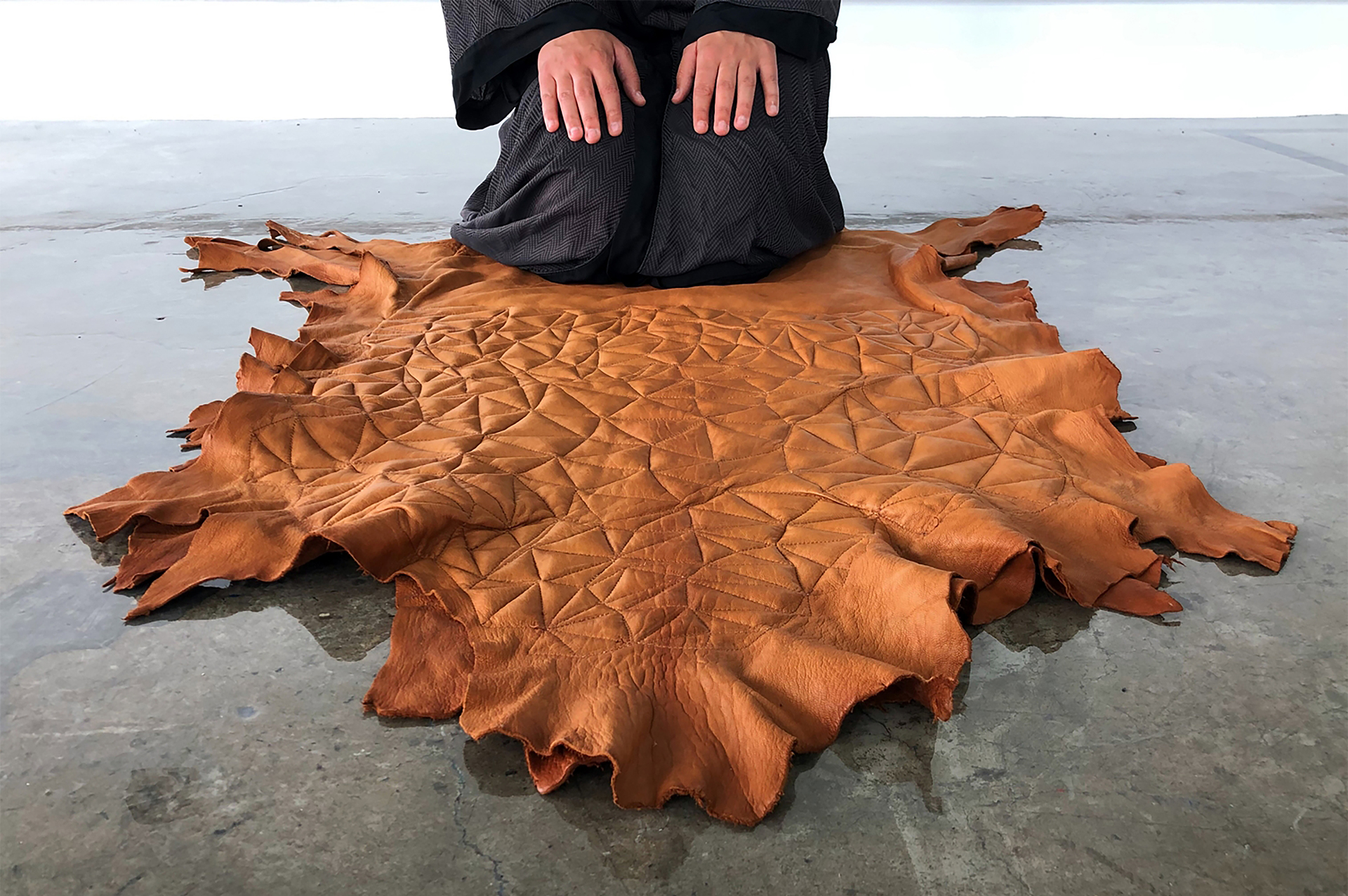

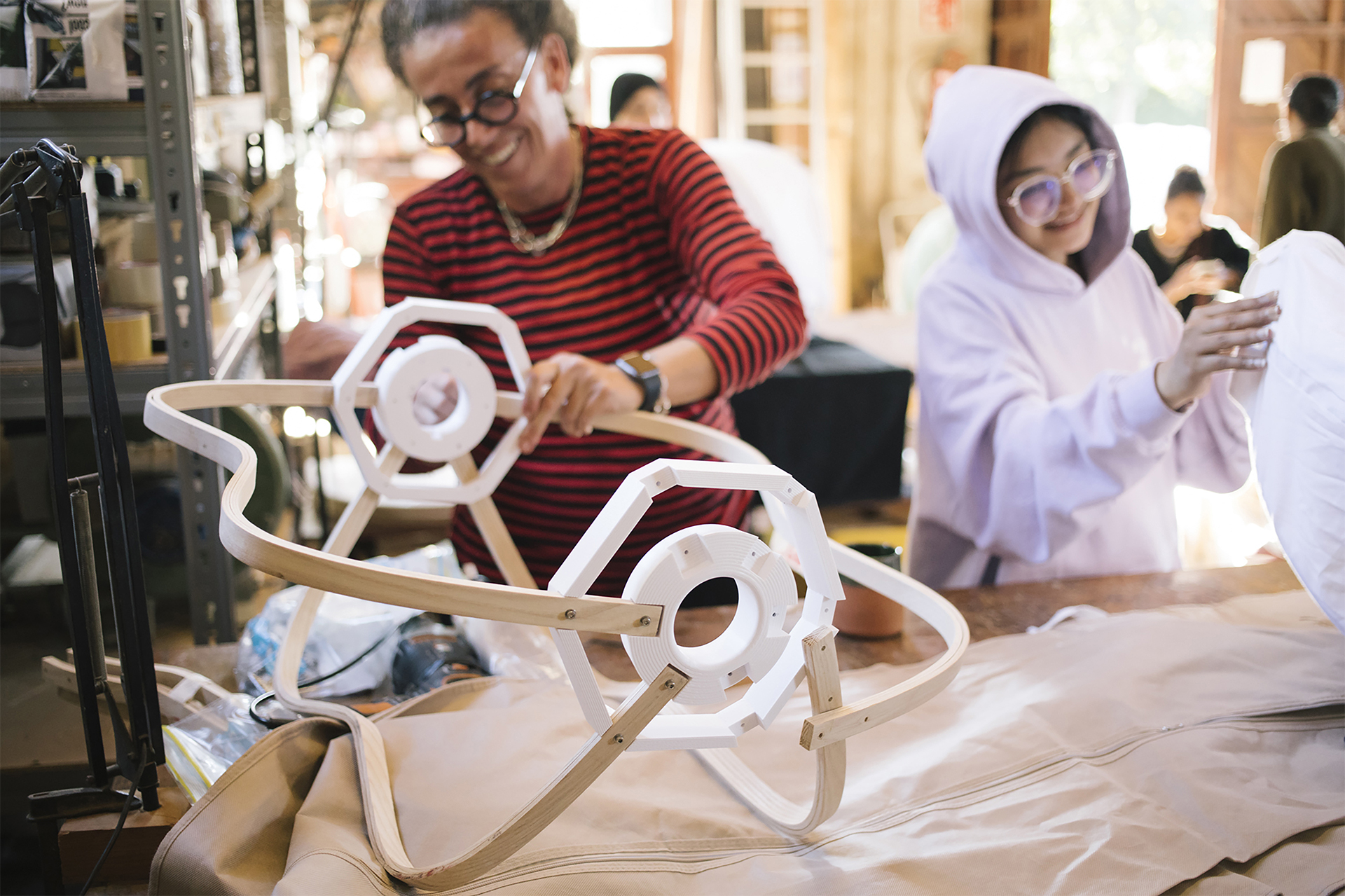
Project assembly, Virga: MFA Field Study, Stella Colaleo and Moom Thahinah
Photo credit : Campovisible
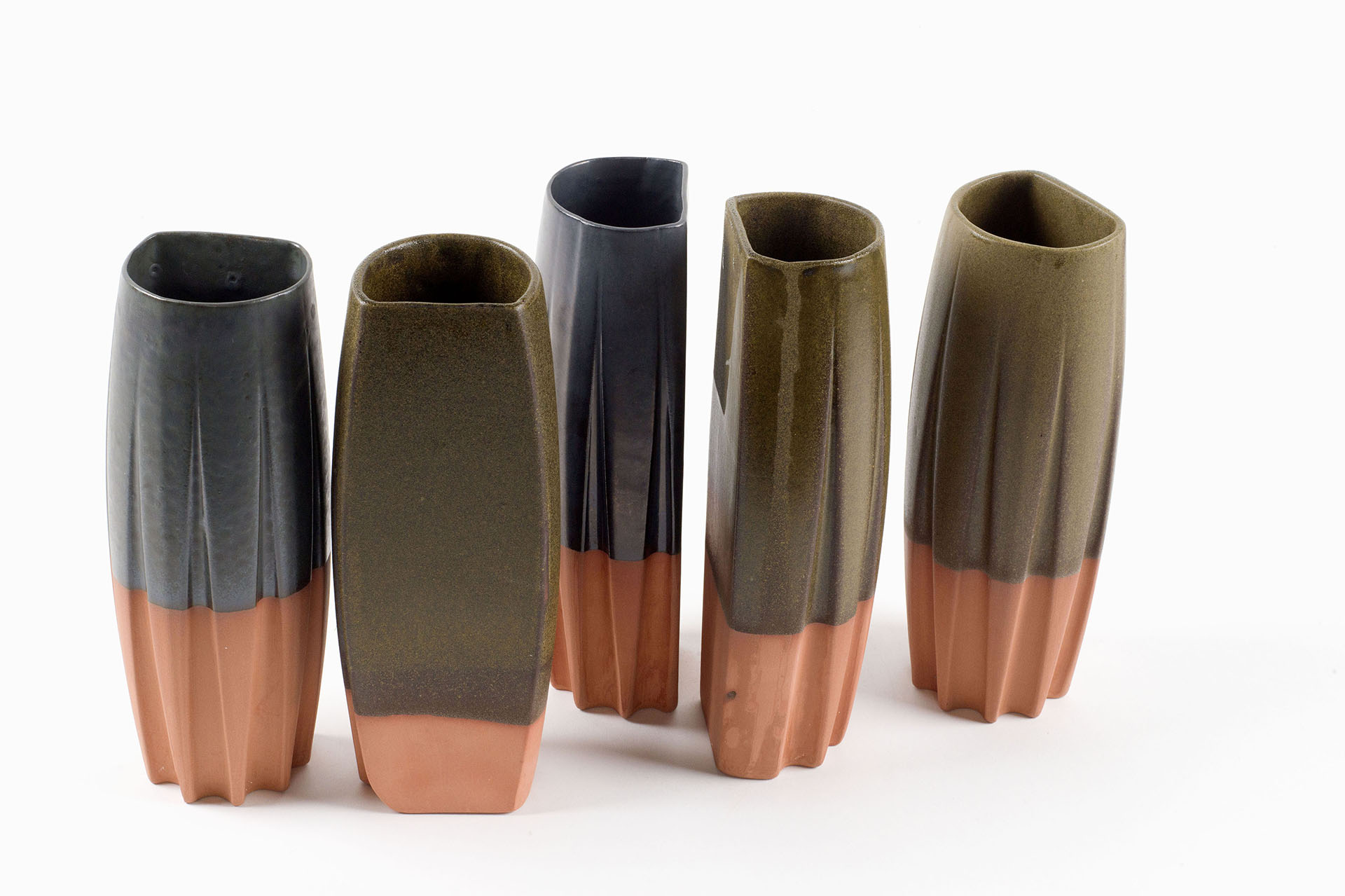
Sipcasting workshop with Atelier La Juntana, Reema Abu Hassan
Photo credit: Markus Elblaus
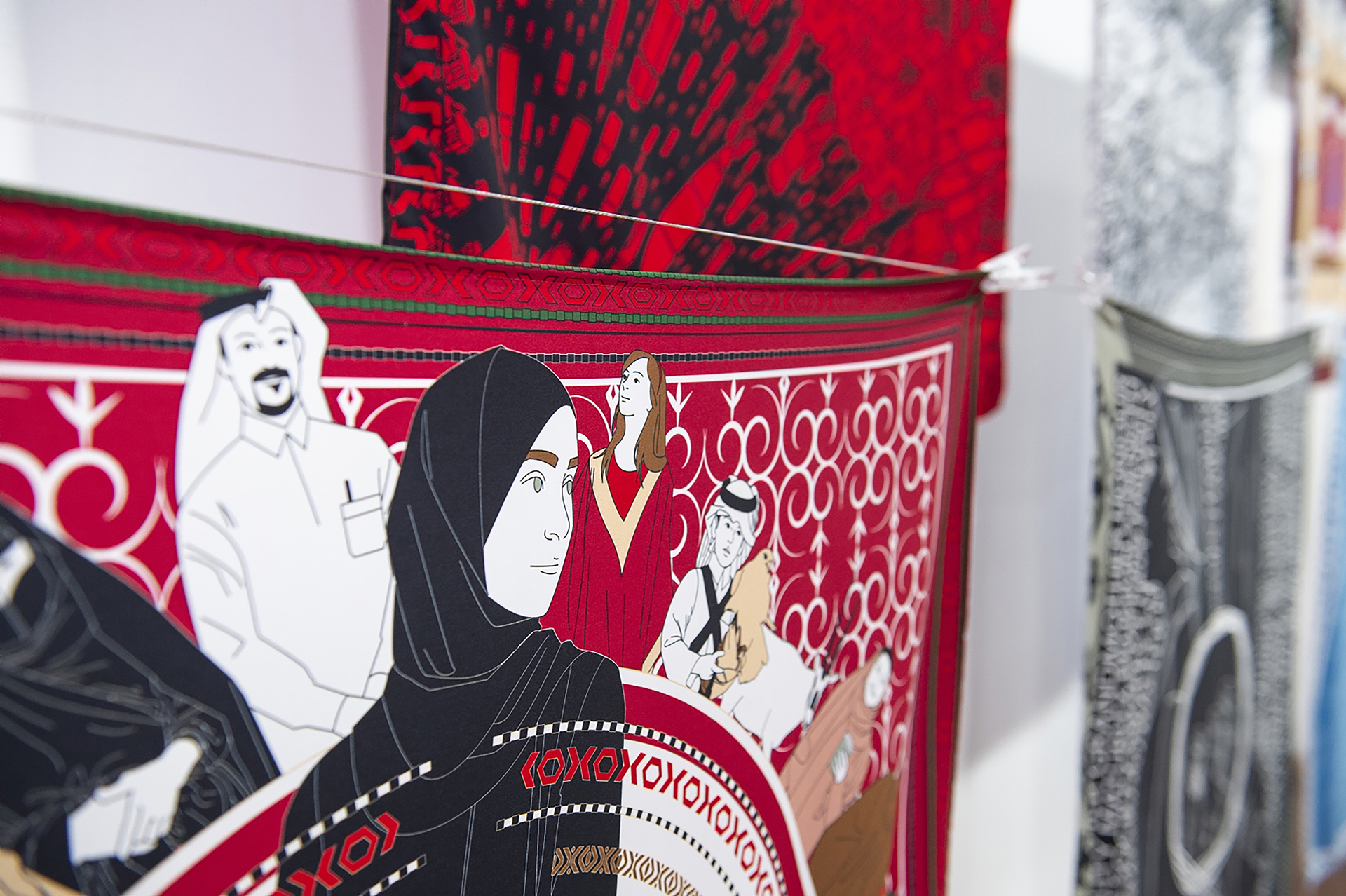
Yolkkh, The Story of My People, detail, Amna Yandarbin
Photo credit: Raviv Cohen
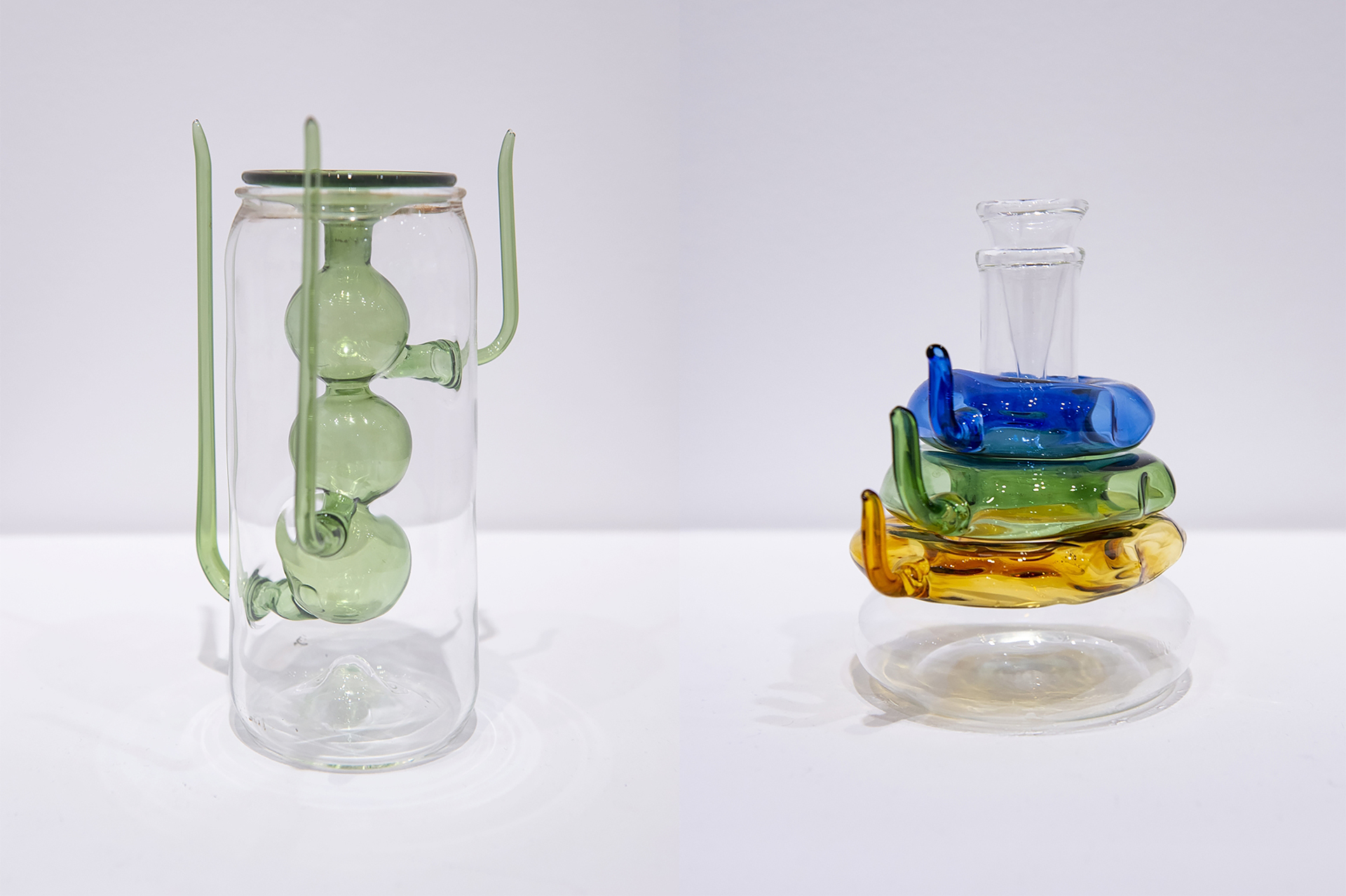
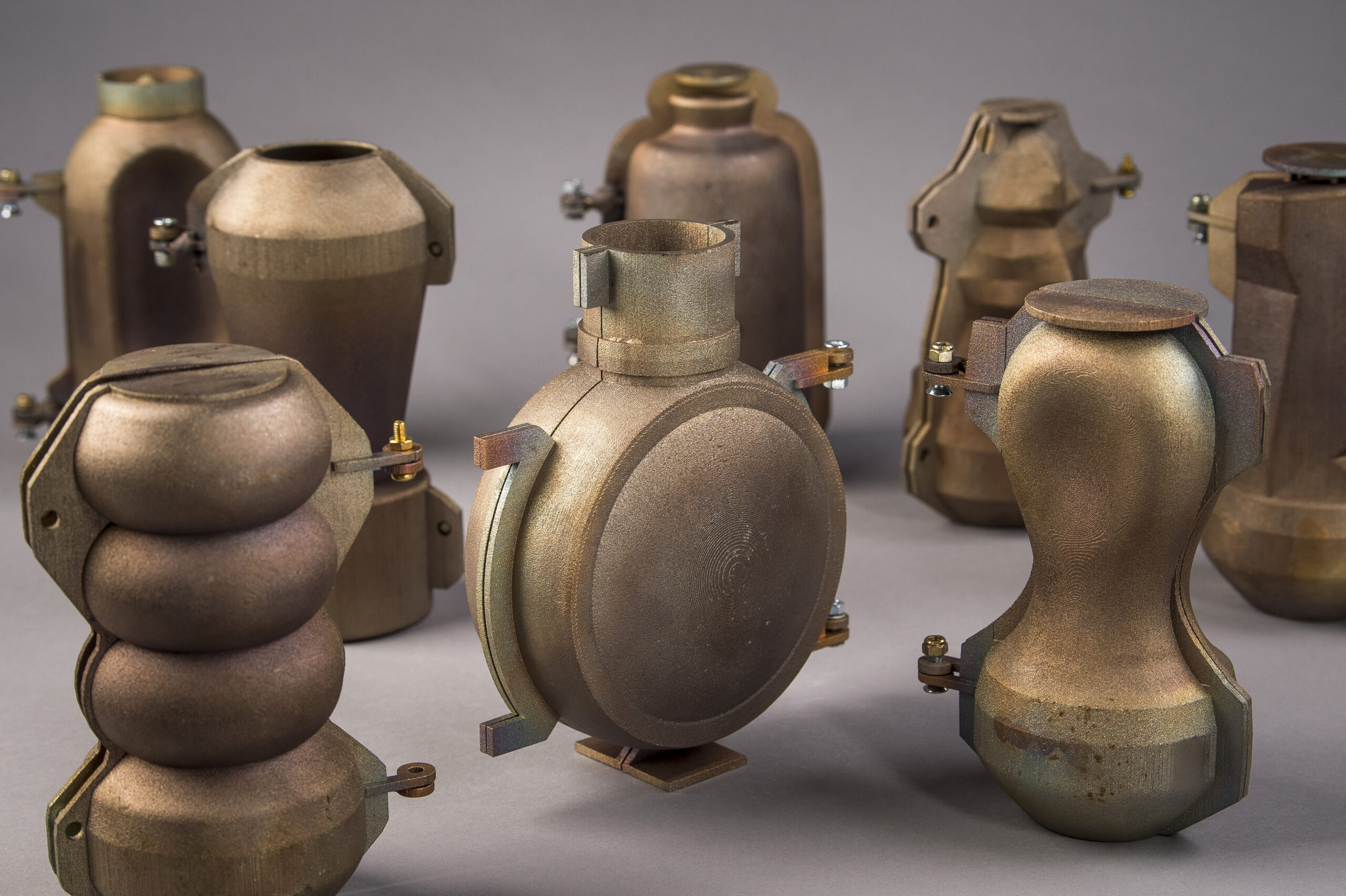
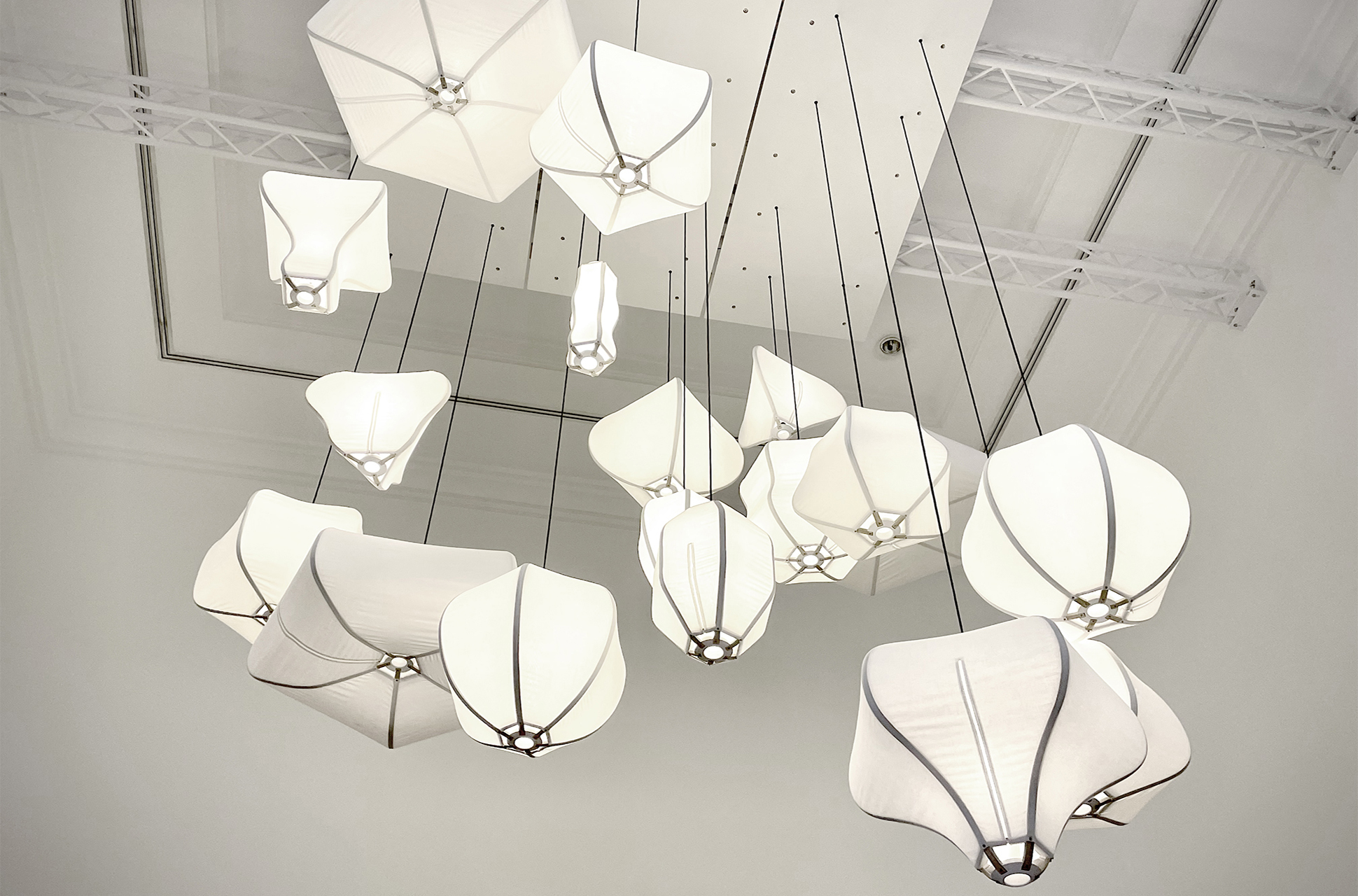
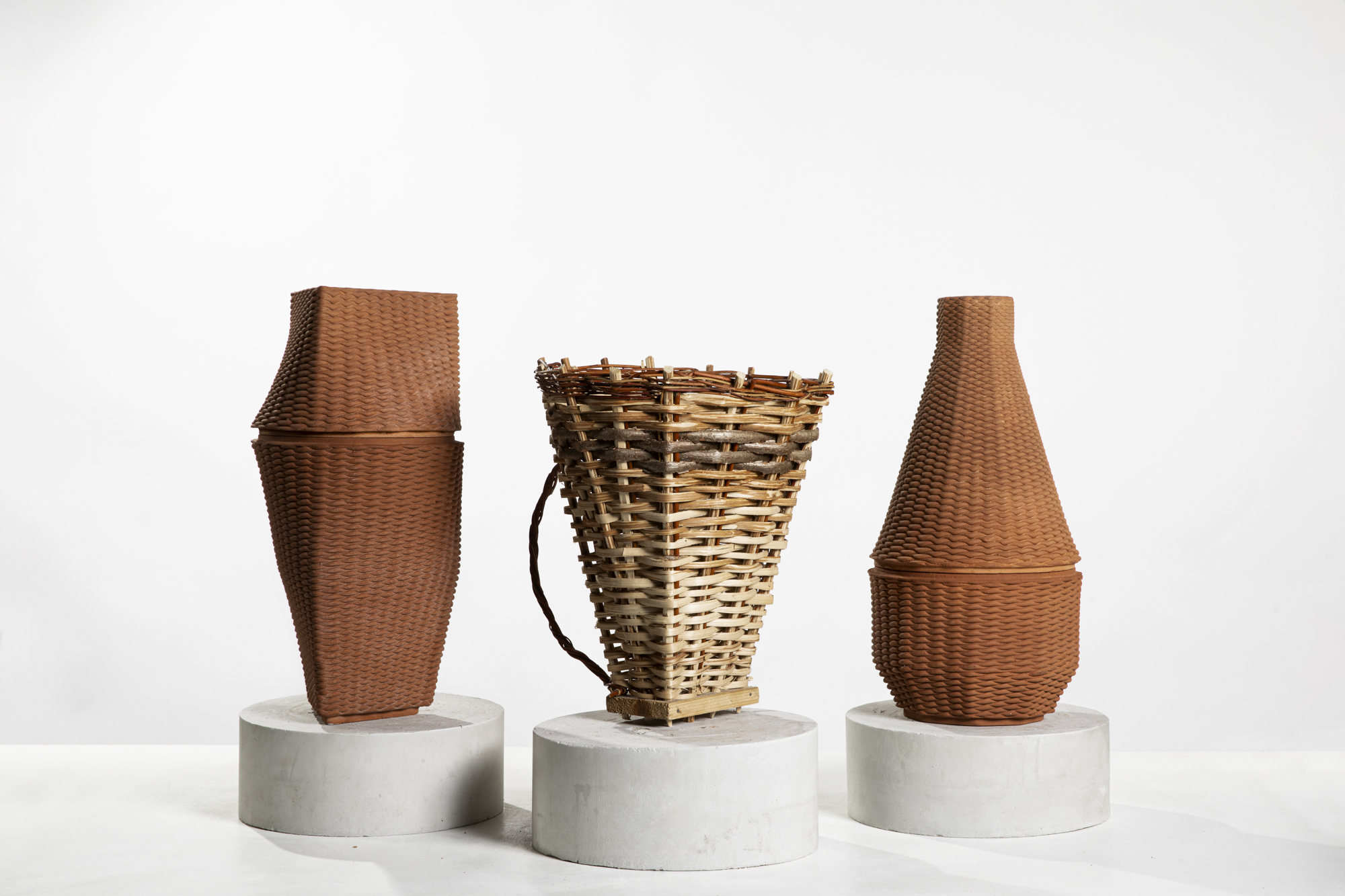
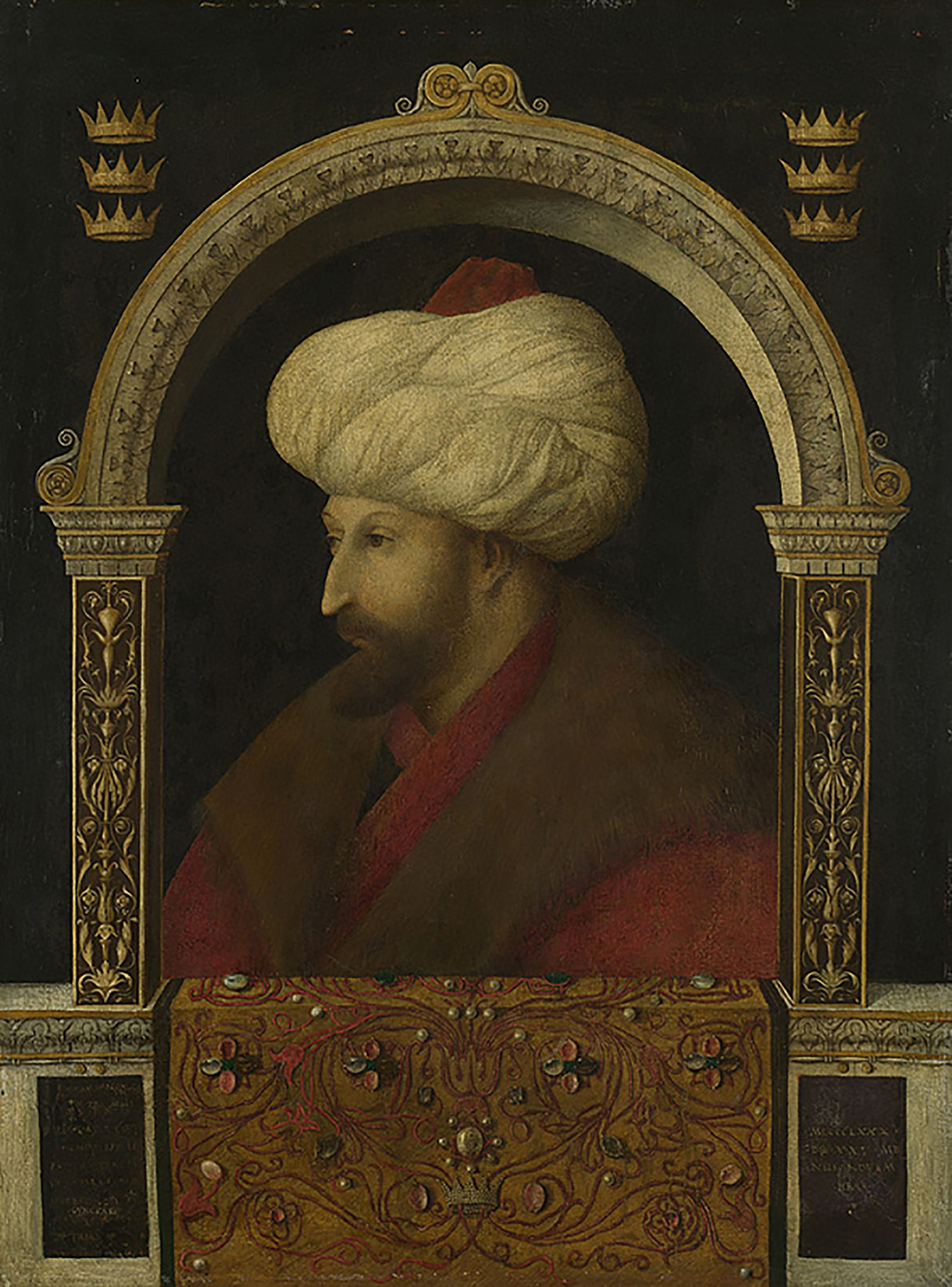
The Sultan Mehmet II
Gentile Bellini (active about 1460; died 1507)
1480
Oil (19th-century repaint) on canvas, perhaps transferred from wood
69.9 × 52.1 cm
National Gallery, London
Layard Bequest, 1916
NG3099
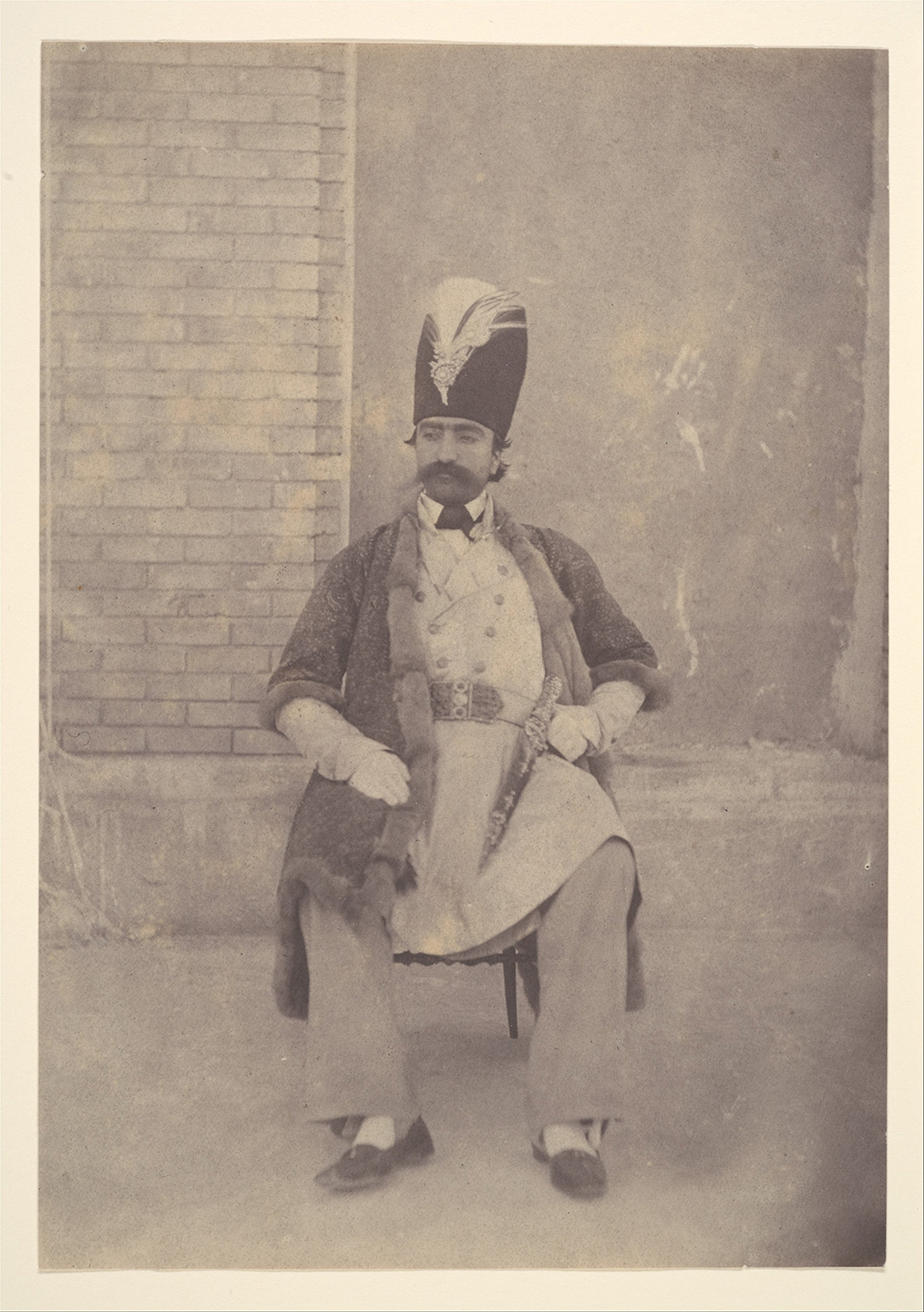
Naser al-Din Shah (Iranian, Tehran 1831–1896 Tehran)
Possibly by Luigi Pesce (Italian, 1818–1891)
ca. 1855–58
Salted paper print from paper negative
19.5 x 13.5 cm (7 11/16 x 5 5/16 in.)
Metropolitan Museum of Art, New York
Gift of Charles K. and Irma B. Wilkinson, 1977
1977.683.24
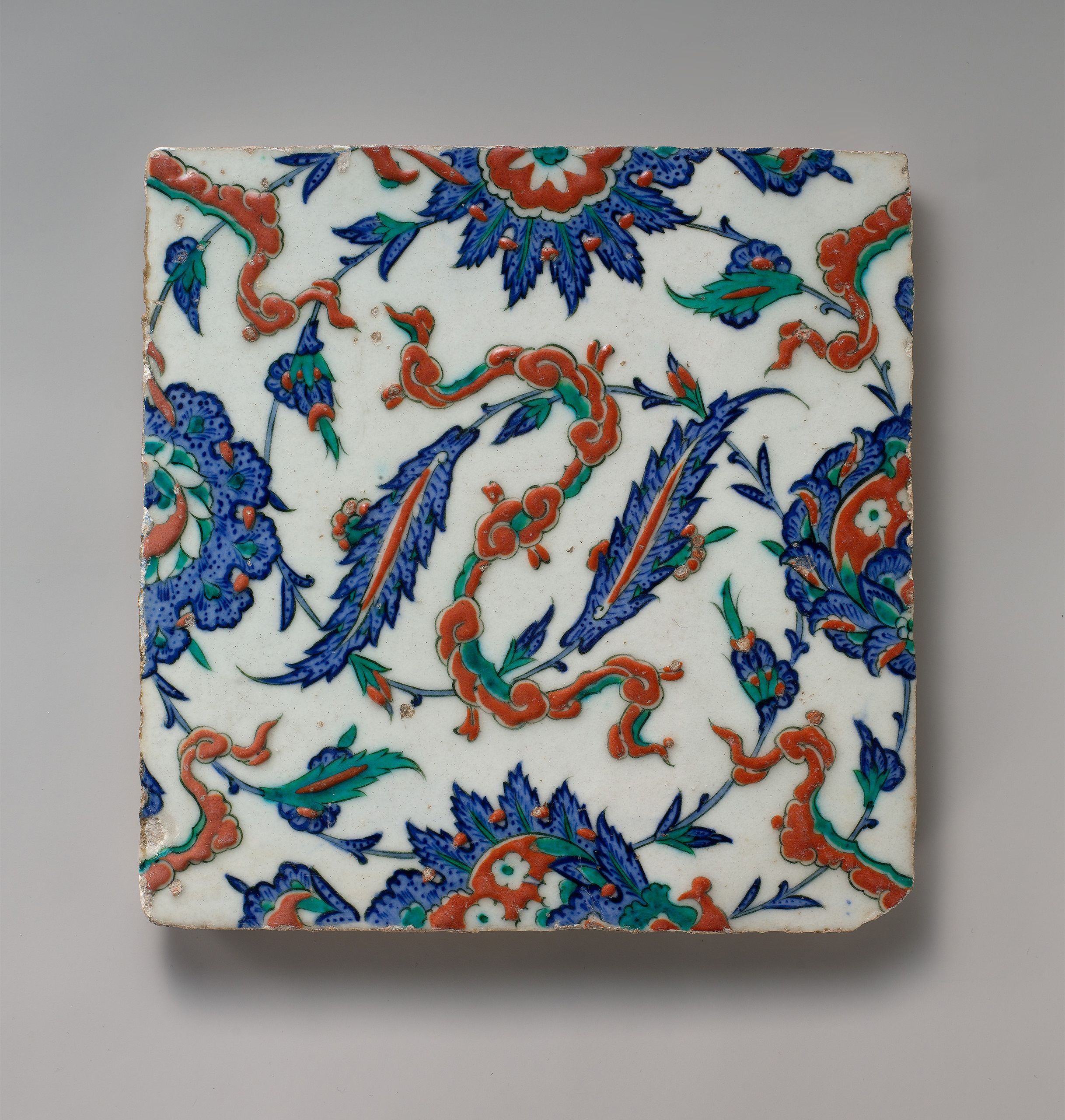
Tile with Floral and Cloud-band Design
ca. 1578
Made in Turkey, Iznik
Stonepaste; polychrome painted under transparent glaze
H. 9 13/16 in. (24.9 cm), W. 9 7/8 in. (25.1 cm), D. 11/16 in. (1.7 cm)
The Metropolitan Museum of Art, New York
Gift of William B. Osgood Field, 1902
02.5.91
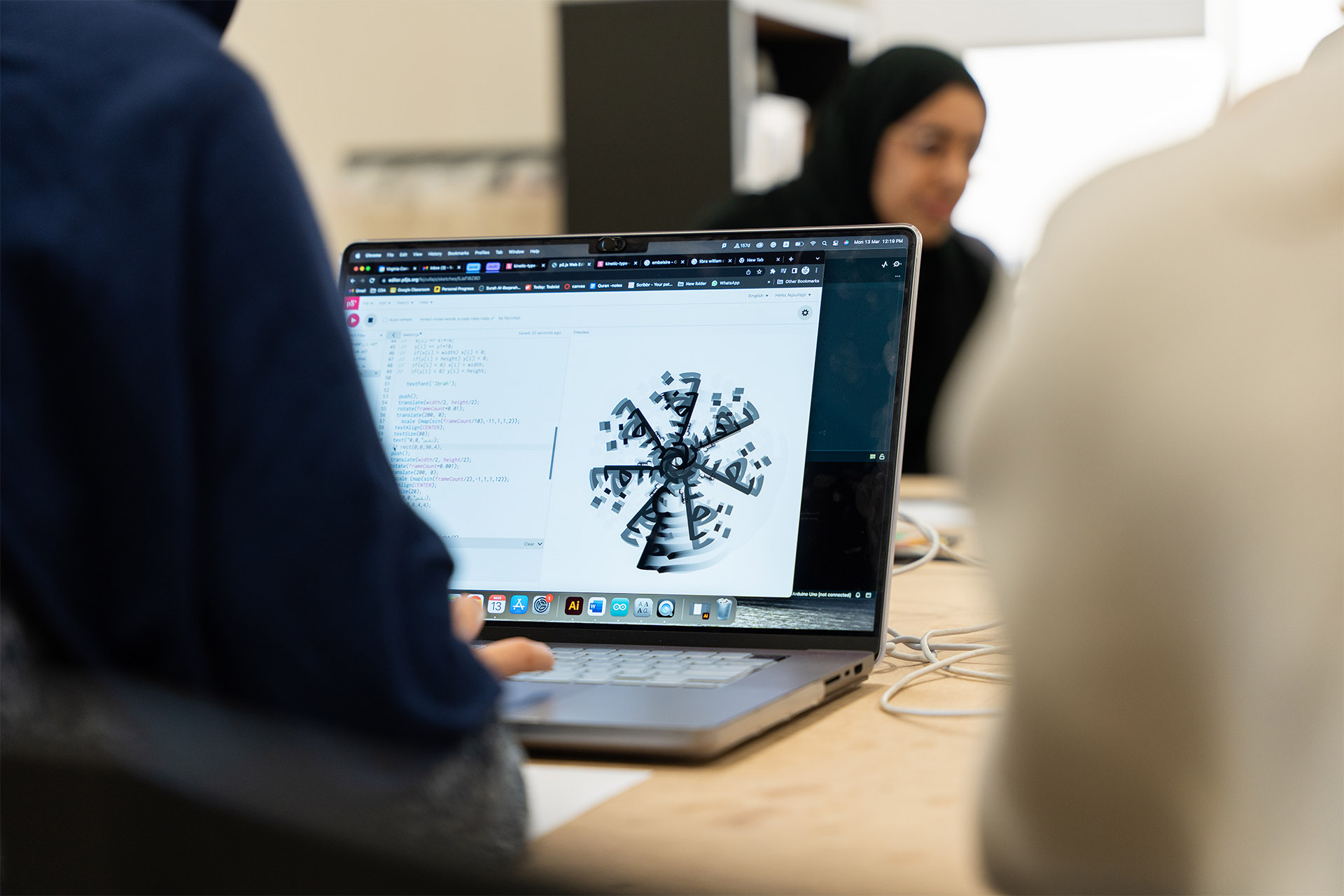
Happenings
